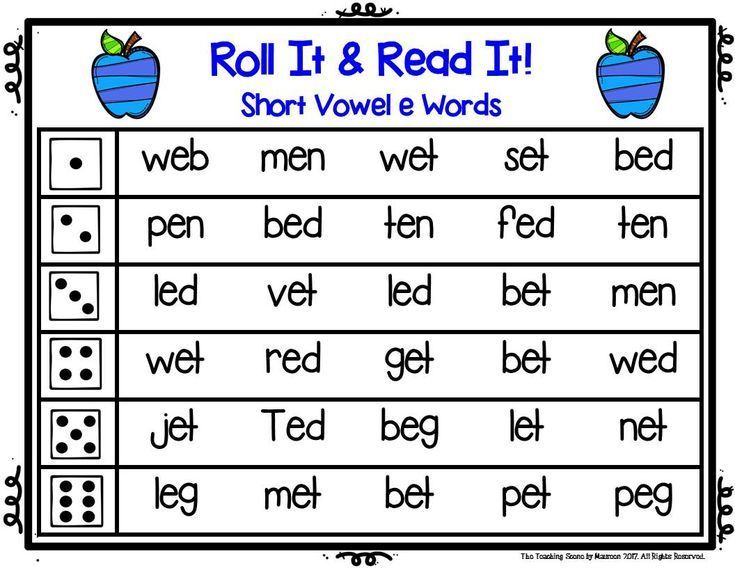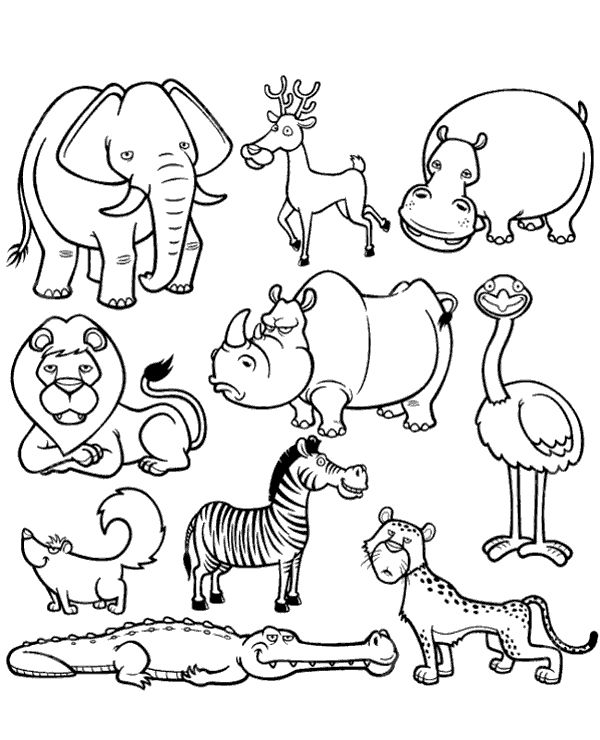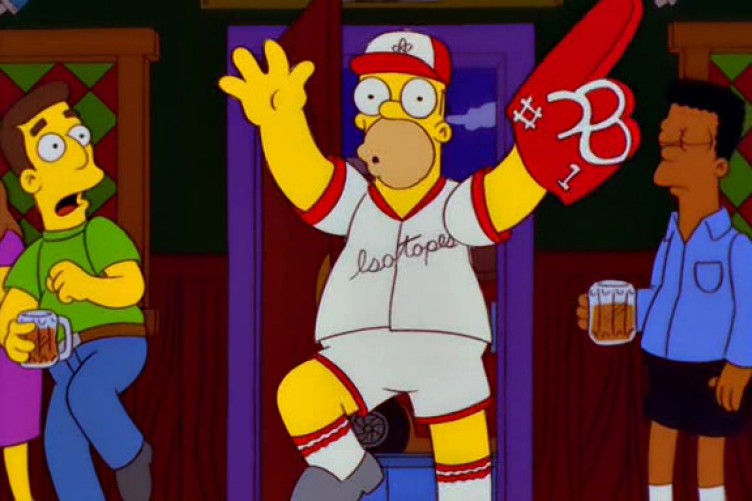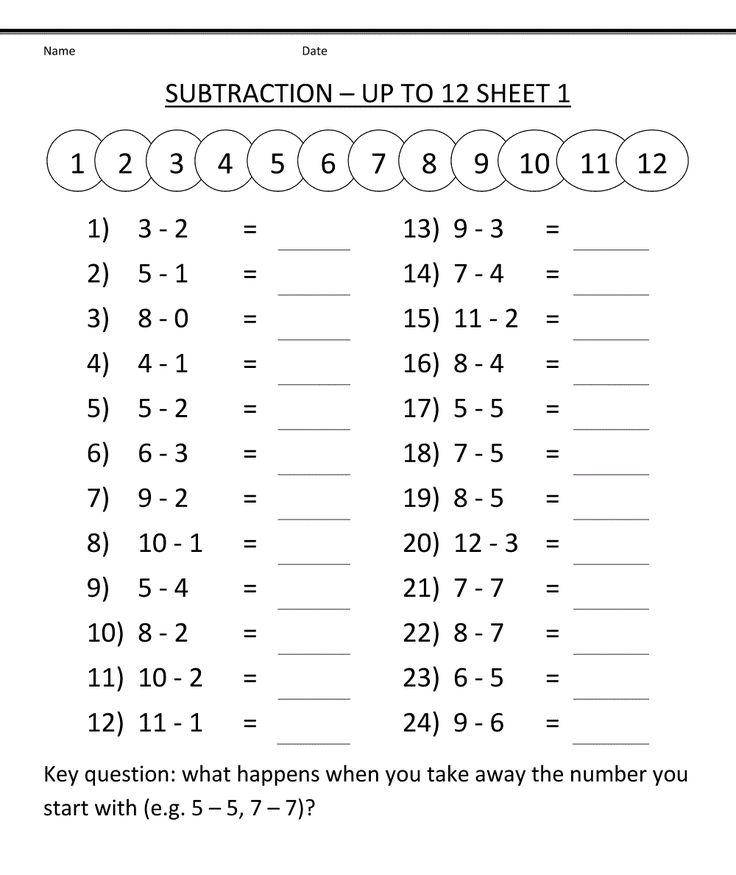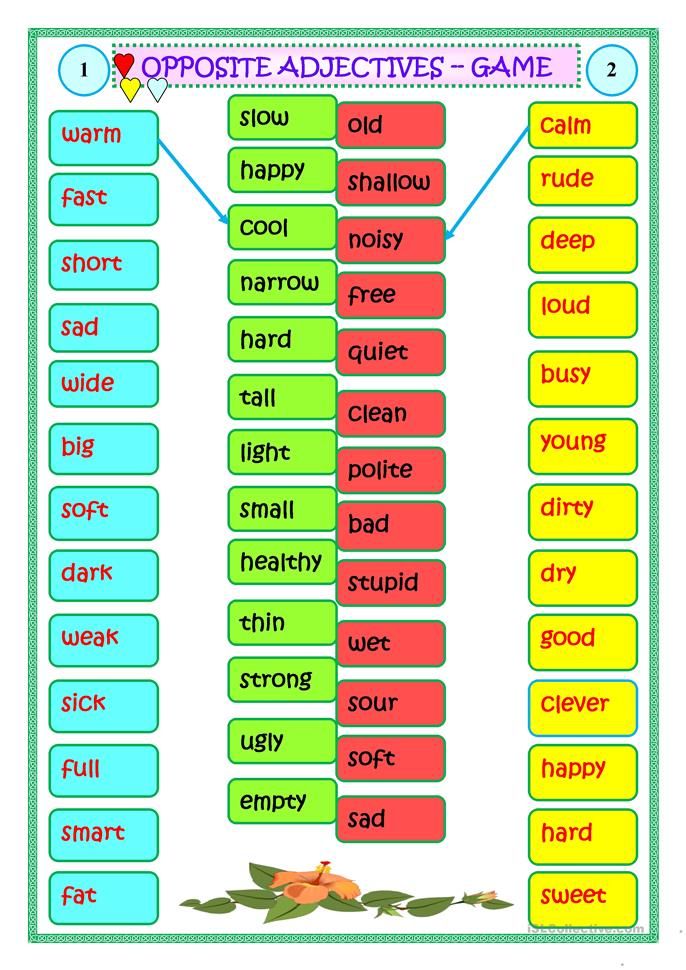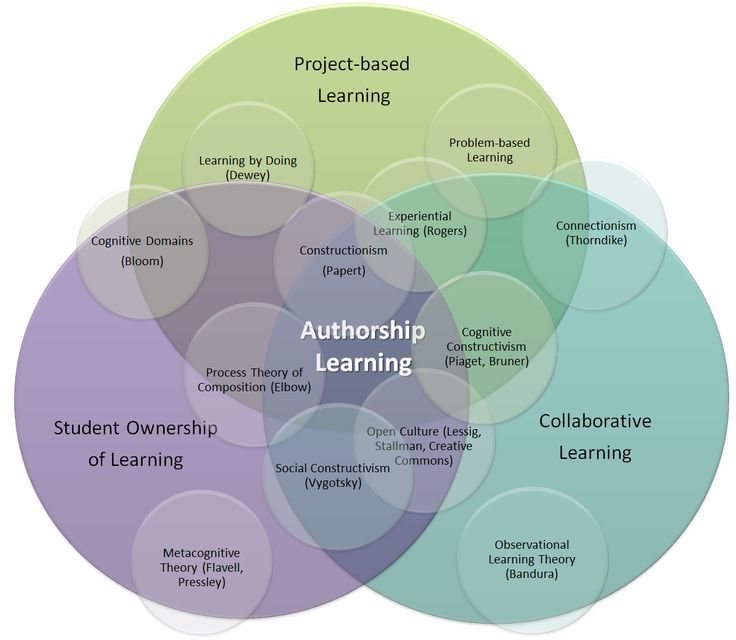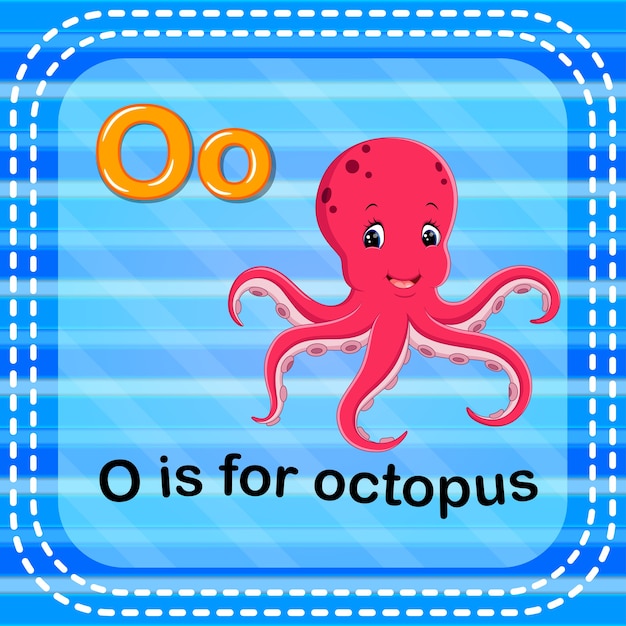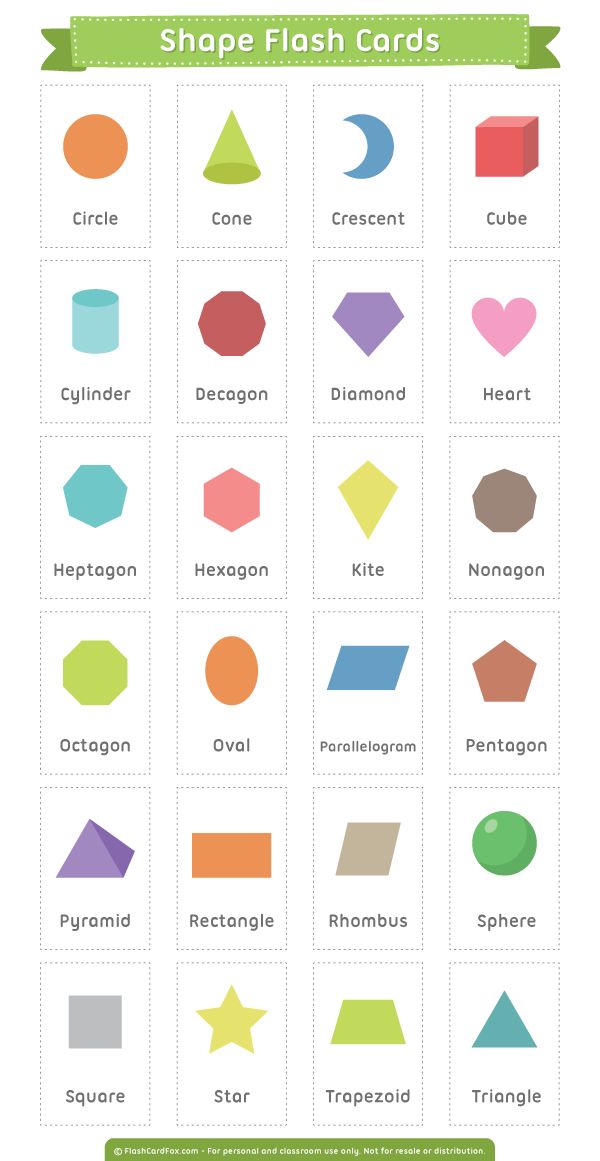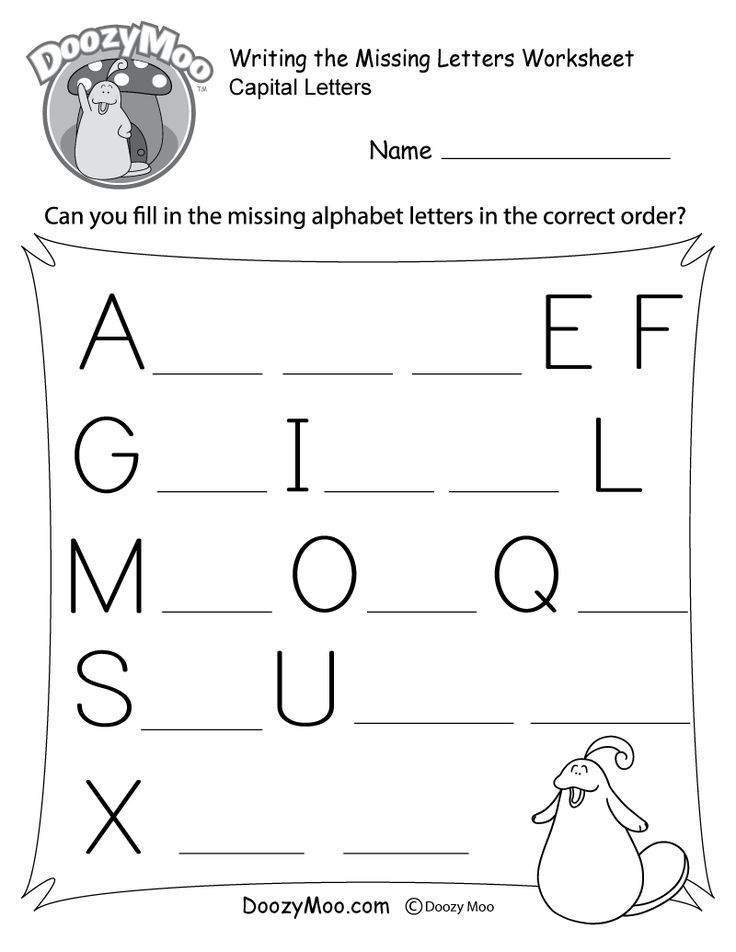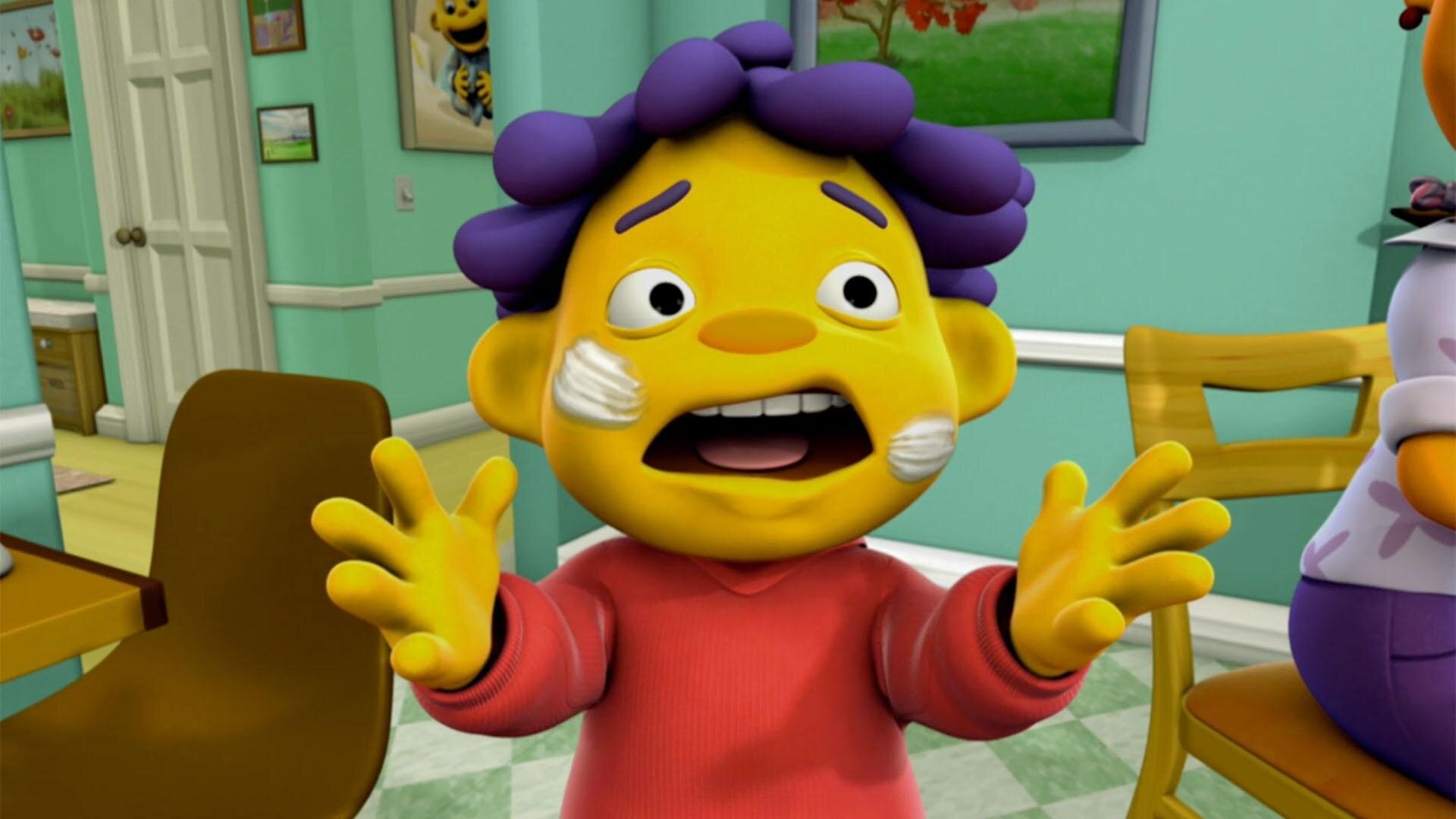Finding levels of books
How To Determine Reading Level Of A Book: 5 Best Tools
Learning how to determine reading level of a book helps you find appropriate books for your child and challenge their abilities.
When choosing children’s books, the reading level of the book can be pretty important. You want to challenge children to read a bit higher than they think they can while not discouraging them with books that are too difficult.
According to a US survey by Test Prep Insights, almost half of the respondents haven’t read a book in the past year. However, the same survey found readers prefer print books over ebooks.
So, whether you’re working with beginning readers who want to improve their habits or advanced readers in your life, learning how to determine the reading level of a book is a valuable tool. Thankfully, parents and educators have a number of tools available to help them.
This guide will discuss what reading levels are, how to find them and how you can ensure that the books you offer are suitable for the children in your life.
Contents
- Tips on How To Determine Reading Level Of A Book
- What is Reading Level?
- Why Reading Level is Important
- Reading Level and Interest Level
- Common Measures for Reading Levels
- Tools to Find the Reading Level of a Book
- A Final Word on How to Determine Reading Level of a Book
- FAQs About how to Determine Reading Level of a Book
- Author
Tips on How To Determine Reading Level Of A Book
So how can you determine the reading level of a book? Before delving into the tools available to help you find a book that your child can read, first, you must understand what reading level is.
What is Reading Level?
The reading level of a book determines how well a child can read it independently. Unfortunately, reading level is often confused with grade level, so a book with a fourth-grade reading level is designed with vocabulary and syntax that the average fourth grader can understand.
However, it is not always as simple as picking a book that is leveled at your child’s grade level.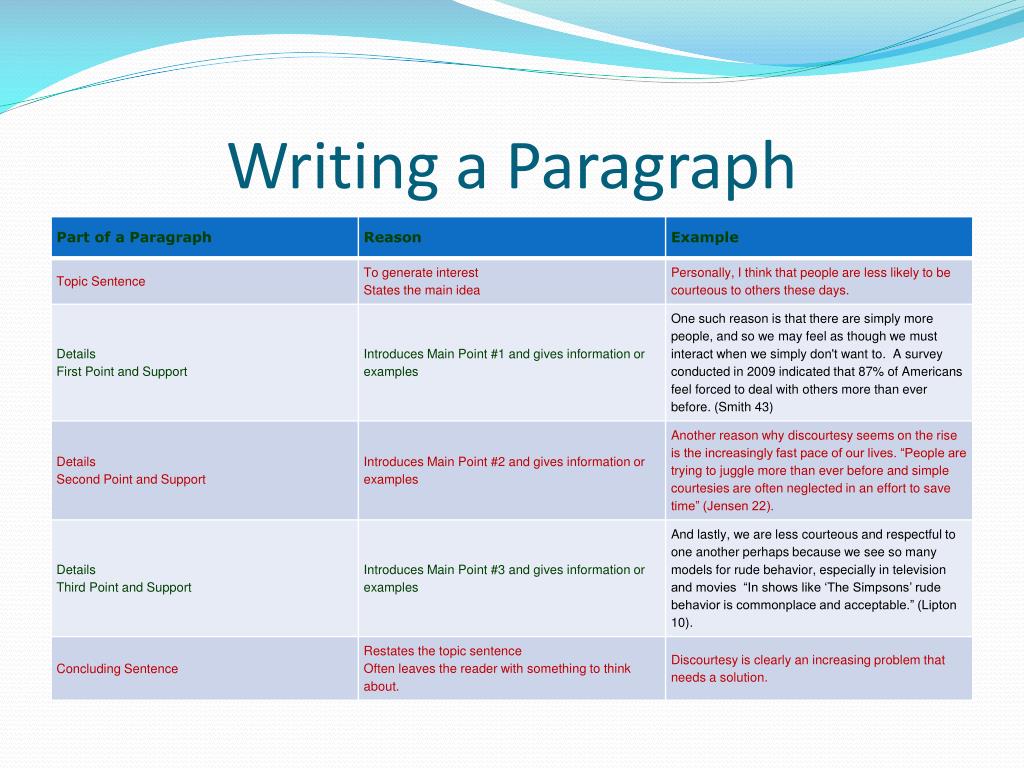 Your child’s teacher can tell you that students fit into a wide range of levels, even within the same classroom.
Your child’s teacher can tell you that students fit into a wide range of levels, even within the same classroom.
As your child’s reading skills develop, you’re going to need to find reading materials that match. Knowing how to read reading levels will help.
Why Reading Level is Important
Children who are learning to read need to have a text they can read successfully. If text is too easy, the child gets bored. If the text is too hard, the child gets frustrated.
This balance is where the reading level helps. Finding a book that matches your child’s abilities and interests will encourage successful reading, and reading level is key to that.
Reading Level and Interest Level
Adding interest level to your decision-making will help guide you to the books they will be most interested in readingAnother benchmark you can check into is interest level. This metric shows how interesting a particular book is likely to be to your child based on their age or grade level.
If a child is particularly behind or advanced in reading level, finding books they want to read but match their reading level becomes more challenging. Adding interest level to your decision-making will help guide you to the books they will be most interested in reading.
Common Measures for Reading Levels
Many tools measure reading levels. As you learn how to determine the reading level of a book, you will find that these tools make the job a lot easier, so you can find a book that fits the child’s reading level. Here are some popular reading systems to consider.
1. Fountas-Pinnell Guided Reading Level
Fountas and Pinnell created the Guided Reading Level. This leveled reading system assigns a level to individual books. Factors that impact that level include repetition of words, the complexity of sentences, and sentence length.
This program uses specialized reading lists with books that already have a grade level measure.
2. Grade Level Equivalent
The Grade Level Equivalent leveled reading system assigns an actual grade level to the book based on what students typically can read at a particular stage of their education. This metric is labeled with a decimal point, where the first number is the grade level, and the number after the decimal point indicates the number of months into the school year the student would be. So, a score of 2.1 means second grade one month into the school year.
This metric is labeled with a decimal point, where the first number is the grade level, and the number after the decimal point indicates the number of months into the school year the student would be. So, a score of 2.1 means second grade one month into the school year.
For parents that are new to reading levels, this can be a helpful metric as it shows a level they can easily relate to their student’s age and grade. However, parents need to realize that students develop their reading abilities at different speeds, so any particular child may read at, above, or below the published reading level.
3. Developmental Reading Assessment
The Developmental Reading Assessment, or DRA, assesses a child’s reading ability through a reading test. It then gives the student a score based on that test. Factors it checks include:
- Phonemic awareness
- Alphabetic principles/phonics
- Fluency
- Vocabulary
- Comprehension
- Reading engagement
Books are given corresponding scores based on text complexity and vocabulary.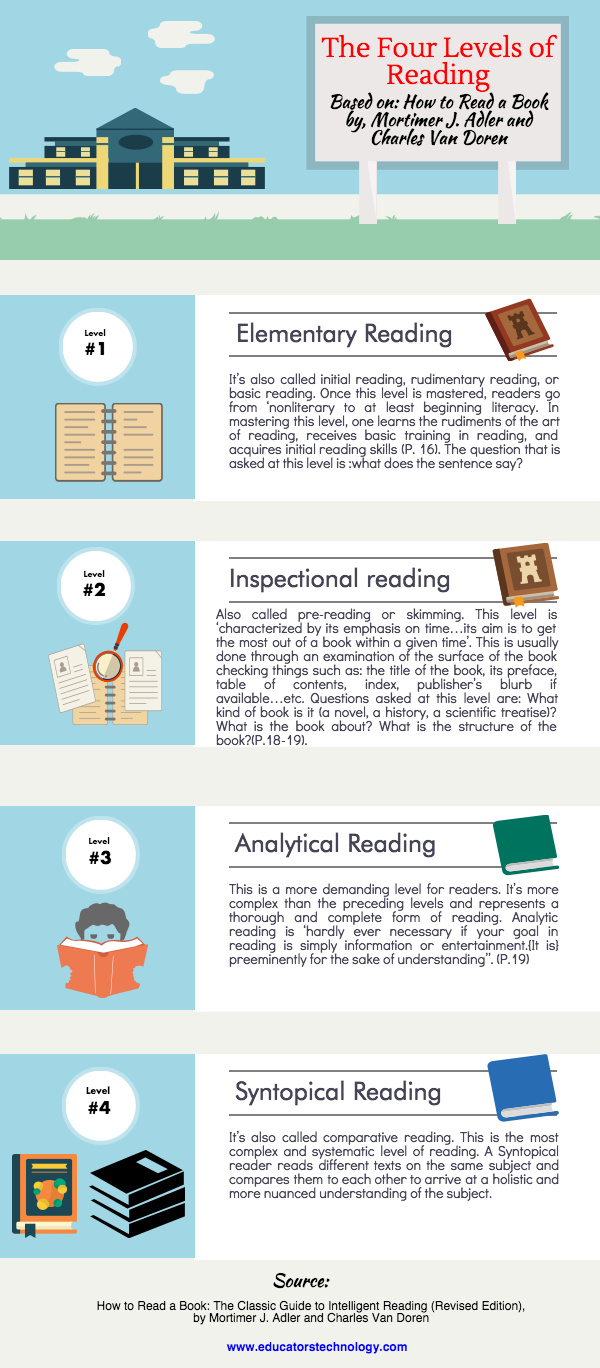 Thus, teachers and parents can easily connect students to books that fit their abilities after taking the test by lining up the test scores with the scores of the book.
Thus, teachers and parents can easily connect students to books that fit their abilities after taking the test by lining up the test scores with the scores of the book.
4. Lexile Framework for Reading
The Lexile Framework is a National Institute of Child Health and Human Development metric. It uses Scholastic Inventory Test scores to evaluate text and determine what reading level it is.
To use the Lexile Framework, students must take a standard test or the Scholastic Reading Inventory (SRI). This then matches them with a reading level that matches their ability.
You can look up the Lexile level of a book online on the Lexile website.
5. Accelerated Reader Book Levels
Accelerated Reader is a complex readability formula that rates text complexity. It uses grade level ratings to indicate what year and month a student could read a book independently.
Accelerated Reader is different from straight grade level equivalents because it uses interest level as well.![]() This indicates if the content of a book is age-appropriate for the particular grade level.
This indicates if the content of a book is age-appropriate for the particular grade level.
Tools to Find the Reading Level of a Book
Understanding the different reading tests and reading level measures is important, but it does not help you learn how to determine the reading level of a book when your child wants to read something. Thankfully, you have several tools at your disposal to help.
1. Scholastic’s Book Wizard
Scholastic offers a book wizard tool that has over 65,000 children’s books in the database. You can search using the title and author to find an individual book’s reading level. If you are looking for recommendations for your child, you can search by reading level, subject, grade level, or genre and get a list of suggestions.
2. Renaissance ATOS Analyzer
If you can’t find your book or text in another tool, you can copy a portion of the text into the ATOS Analyzer to see how it rates. This tool uses a readability formula to tell you how easy something is to read. It also merges with the Lexile measure, so you can search for individual books if they are in the database.
It also merges with the Lexile measure, so you can search for individual books if they are in the database.
3. Lexile Look Up
Lexile’s online tool lets you search for a book by its ISBN. Just enter the number on the Quick Book Search to see if it is in the database. The website also allows you to look at a list of books based on your child’s reading level.
4. Accelerated Reader Search Tool
The AR search tool lets you search for a particular book’s readability, Lexile level, and interest level. It reports a grade level based on whether or not a child will be challenged in the reading but not frustrated.
5. Correlation Chart
The Correlation Chart is part of the State of Washington public library system. It lets you find the reading level of a book, then use the tool to compare that to the reading level in another measurement. If you are looking for a specific measure but know another one, this tool can help you compare.
A Final Word on How to Determine Reading Level of a Book
Reading levels help you choose books for your child that fit their interests and abilities.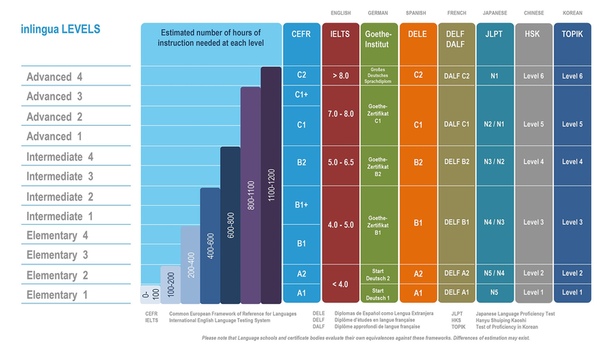 You can avoid frustration and boredom by selecting appropriate books. Using reading levels also encourages more independent reading, especially with young readers.
You can avoid frustration and boredom by selecting appropriate books. Using reading levels also encourages more independent reading, especially with young readers.
Parents can sometimes struggle with finding reading levels for different books, but using a book’s ISBN, you can search in several tools that have book lists based on reading level. Using these tools and asking your child’s teacher what their current reading level is will allow you to choose the right reading material for your child.
FAQs About how to Determine Reading Level of a Book
How to find the reading level of a book?
Using different tools, such as the Scholastic Book Wizard or the Accelerated Reader Search Tool, you can learn the reading level of many children’s books to help you choose appropriate reading options for your child.
How to determine my child’s Lexile reading level?
If your child is at school, they will be tested each year under their standardized testing program.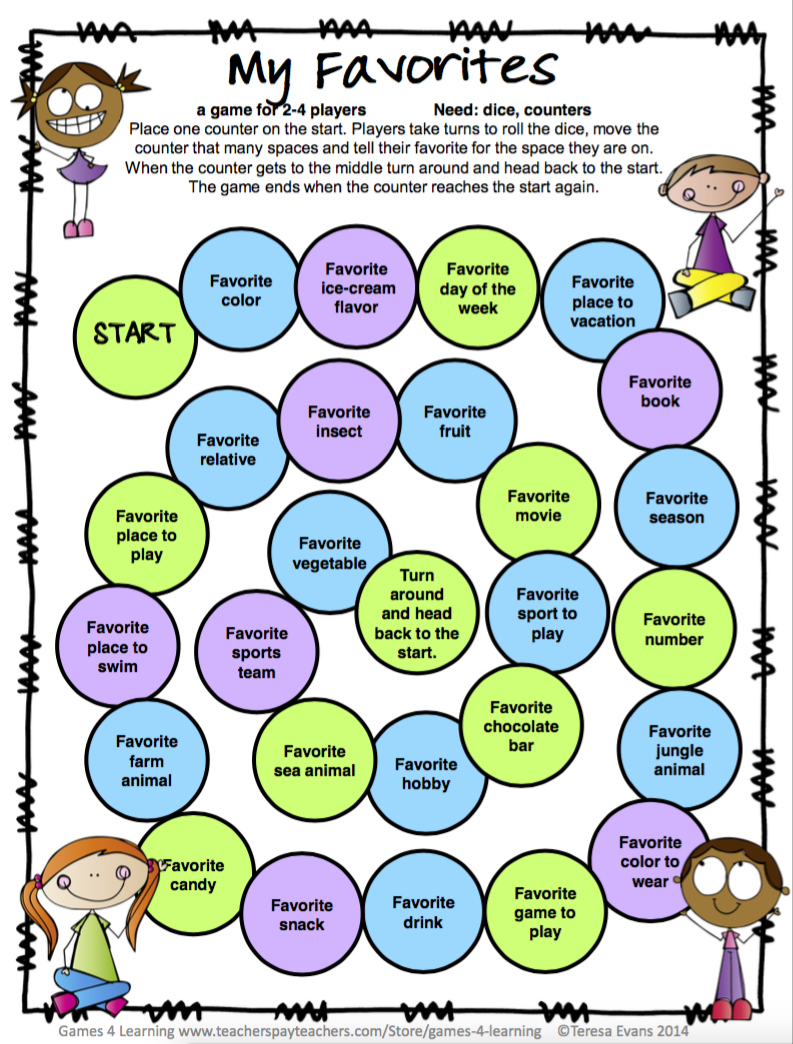 This testing will give your child a Lexile reader measure. Simply ask your child’s teacher or check their standardized test score report to learn your child’s measure.
This testing will give your child a Lexile reader measure. Simply ask your child’s teacher or check their standardized test score report to learn your child’s measure.
Join over 15,000 writers today
Get a FREE book of writing prompts and learn how to make more money from your writing.
Powered by ConvertKitAuthor
How to Determine the Reading Level of a Book
This content contains affiliate links. When you buy through these links, we may earn an affiliate commission.
Fountas and Pinnell, Lexile Level, Primer, Pre-primer, Beginning Reader are all terms you may have heard if you have a young reader in your house. Seriously, what does it all mean? Is there actually a way how to determine the reading level of a book? If your child can read The Cat in Hat, which is a level J in Guided Reading, can she independently tackle Diary of a Worm, which has a Lexile Level of 510L or is she ready for Keena Ford and the Second Grade Mix-Up, even though that one has a DRA of 30?
Through this post, I am going to attempt to elucidate and explain reading levels.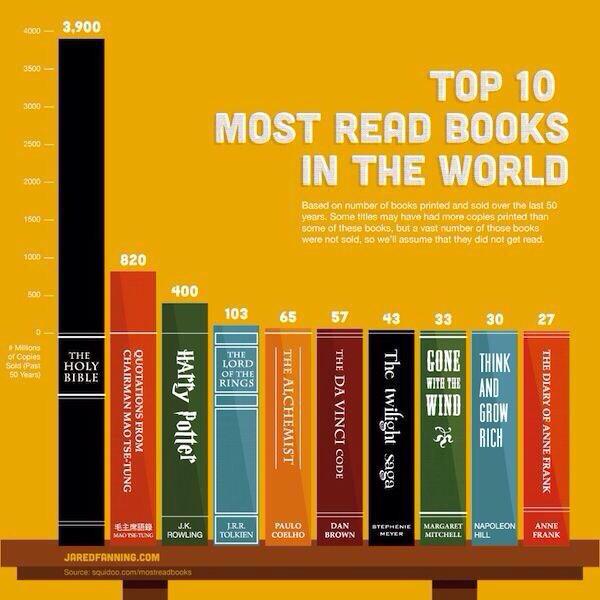 So scroll through to find the system that your child’s teacher uses or pour yourself a large cup of coffee and sift through all of the various ways educators, librarians, and book publishers level and categorize books for young readers.
So scroll through to find the system that your child’s teacher uses or pour yourself a large cup of coffee and sift through all of the various ways educators, librarians, and book publishers level and categorize books for young readers.
Reading Levels Are Like Starbucks Sizes
I admit, I don’t visit Starbucks unless I have a gift card. I am also that person who goes to Starbucks and still tries to order a large iced tea. The barista calmly asks if I would like a venti or a trenta and then explains that I need to choose between Passion Tango, Matcha Green, or Guava White Tea. Then comes the question of sweetened, unsweetened, or added lemonade.
For the young reader, finding a book that can be read independently can be as tricky as remembering all of the variables in a Starbucks order. Little readers who are not familiar with reading levels or taught to find a “good fit book” often go for books that are too easy and boring, too difficult and frustrating, or, like my kindergarten son, books that have too many unreadable Star Wars planet names like Kashyyyk. If a child knows her reading level, she can find books that contain sight words she knows, plot lines that are not too advanced, and vocabulary that is manageable.
If a child knows her reading level, she can find books that contain sight words she knows, plot lines that are not too advanced, and vocabulary that is manageable.
Explain the Levels, Please
There are many different ways that books are leveled. Here are the three most popular methods for how to determine the reading level of a book.
Developmental
Children become readers by moving through different developmental reading stages. These stages range from the emergent pre-reader to the expert fluent reader. Typically, the emergent pre-reader is between six months and six years of age, while the expert fluent reader is 16 years and older. The developmental categories are broader categories than many of the other leveling systems.
Letter Levels
When I taught first and second grade, I found letter levels to be the most kid friendly way to organize a classroom library. If your child’s school levels books using Fountas and Pinnell, Reading A-Z, Scholastic Books, or Guided Reading Levels, then books will be leveled using a letter system. While it would be nice, these leveling systems do not always correlate. A book that is a Reading A-Z Level P, is not always a Level P using the Guided Reading Levels.
While it would be nice, these leveling systems do not always correlate. A book that is a Reading A-Z Level P, is not always a Level P using the Guided Reading Levels.
Number Levels
Books can be leveled through such systems as Lexile Numbers, The Direct Reading Assessment (DRA), and Reading Recovery. These systems measure texts by complexity and a reader’s skill level and then assign a number.
I Have My Child’s Reading Level, Now What?
Throughout the school year, your child’s teacher will probably perform reading inventories or assessments with your child. These will determine your child’s reading level.
If you homeschool or your child’s school does not use leveled reading, then use a simple test called the “five finger test” to roughly determine your child’s reading level. Have your child choose a book and open to the second page. Ask your little one to read the text out loud. If your child struggles with independently reading five or more words on that page, the book is too difficult and is not a good fit.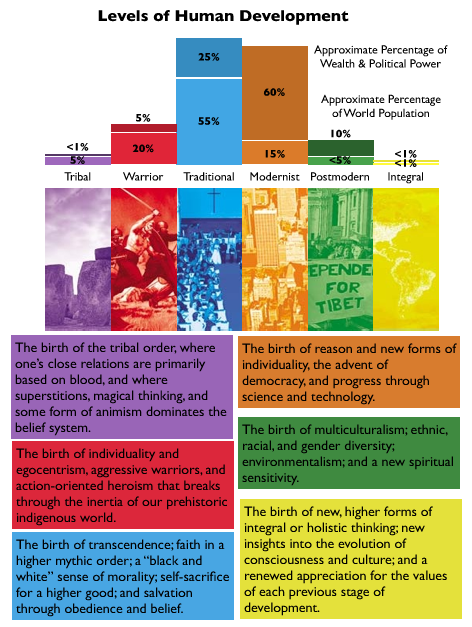 You should also ask some comprehension questions to make sure that your young reader understands what she is reading. When a book passes the five finger test, use one of the links below to determine that book’s reading level.
You should also ask some comprehension questions to make sure that your young reader understands what she is reading. When a book passes the five finger test, use one of the links below to determine that book’s reading level.
Once you have the reading level, take a look at these five helpful websites, apps, and charts that will help you and your child find or level the perfect book:
- Book Wizard : Type in the title of a book to retrieve the Guided Reading Level and grade level.
- Lexile Find-a-Book :Visit this site to find the Lexile Number for a specific book or to generate a list of books with a particular Lexile Number.
- Reading A-Z Level Correlation Chart : This is the best conversion chart out there for reading levels.
- Reading Levels Explained : Check out this very clean and user friendly site if you are still feeling overwhelmed by all of the reading level systems.
- Literacy Leveler app : Download this app and then use it to scan a book’s ISBN to see its Lexile, DRA, and GRL.
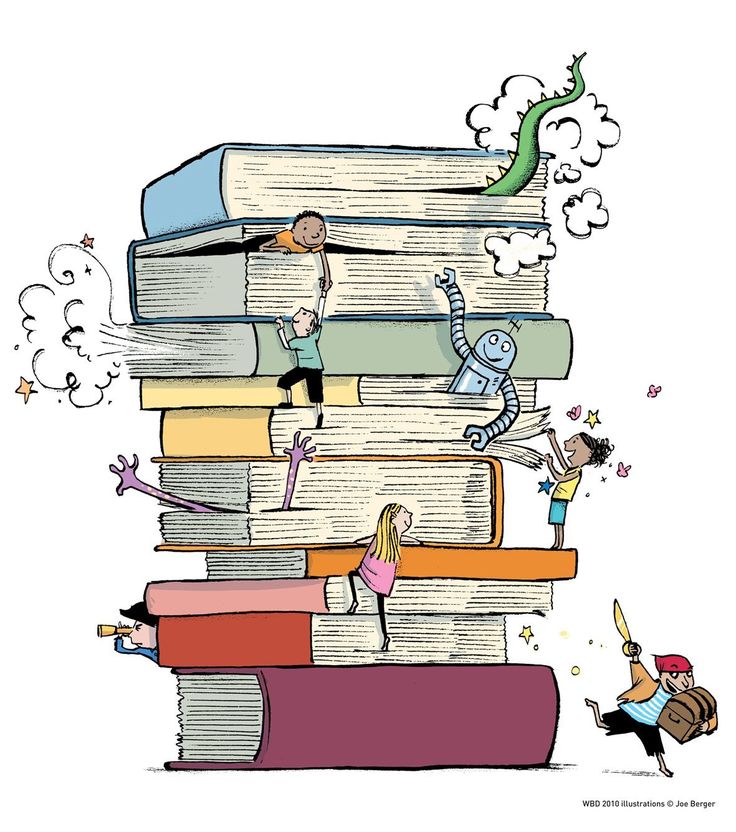
Levels Should be Helpful, Not Stressful
Reading levels should not feel restrictive. They should be used as helpful tools and not as a draconian system that kills the love of reading. Encourage your child to read books on her level, but don’t be upset if she chooses to reread an old favorite or picks up a nonfiction book that has some advanced vocabulary. Imagine how horrible it would be if adults had to always adhere to a reading level. I am well aware of the fact that some of my beach reads are probably a fourth grade reading level, with a Guided Reading Level of Q, 820L, and DRA of 40. I may not always be challenged as a reader, but it is still fun to sip my trenta Passion Tango unsweetened iced tea and enjoy a book simply for the fun of reading.
Need some books to practice leveling? Help yourself to 50 Must-Read Books for Beginning Readers, 20 Must-Read Books for First Graders and Second Graders, The Best Chapter Books for Kids: Engaging with Words, and 70 Must-Read Books for 3rd Graders.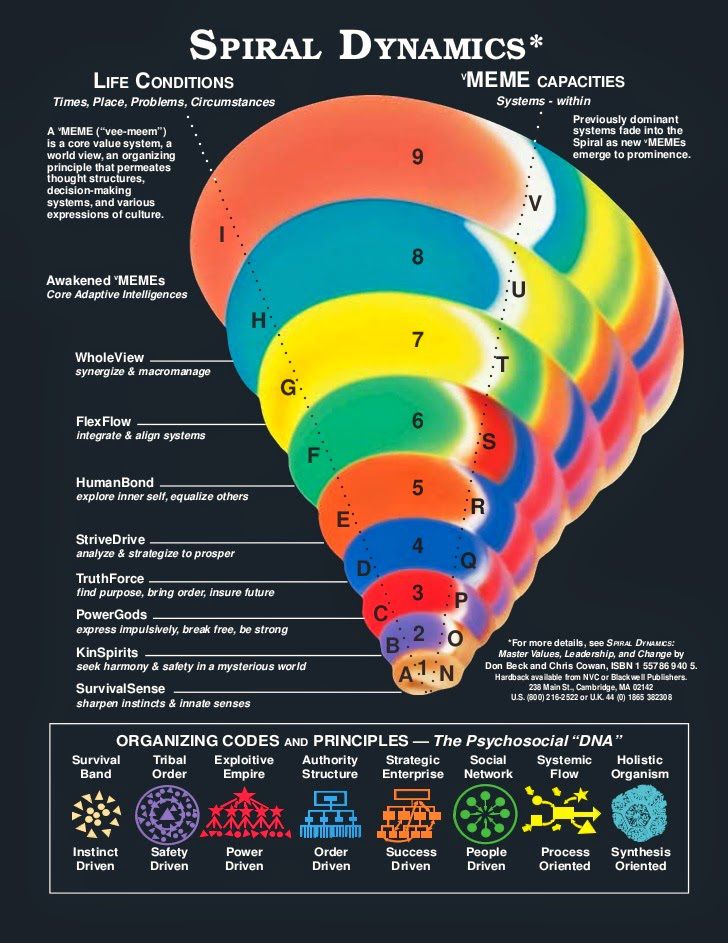
What books to read in English with your level of knowledge ‹ Ingleks
Reading is one of the key English skills, so it is important to practice it from the very first stages of learning. In this article, we will tell you what to consider when choosing a text to read, give a list of books in English by level of knowledge, and also give some tips on how to read books in English correctly.
Contents:
- 1. How to choose a book to read in English
- 2. What books to read with your level of knowledge
- 3. How to read books in English correctly: 7 tips
First, we advise you to watch the webinar of our methodologist Svetlana on the topic "What and how to read in English."
How to choose a book to read in English
We have identified several criteria that will help you choose books to read in English.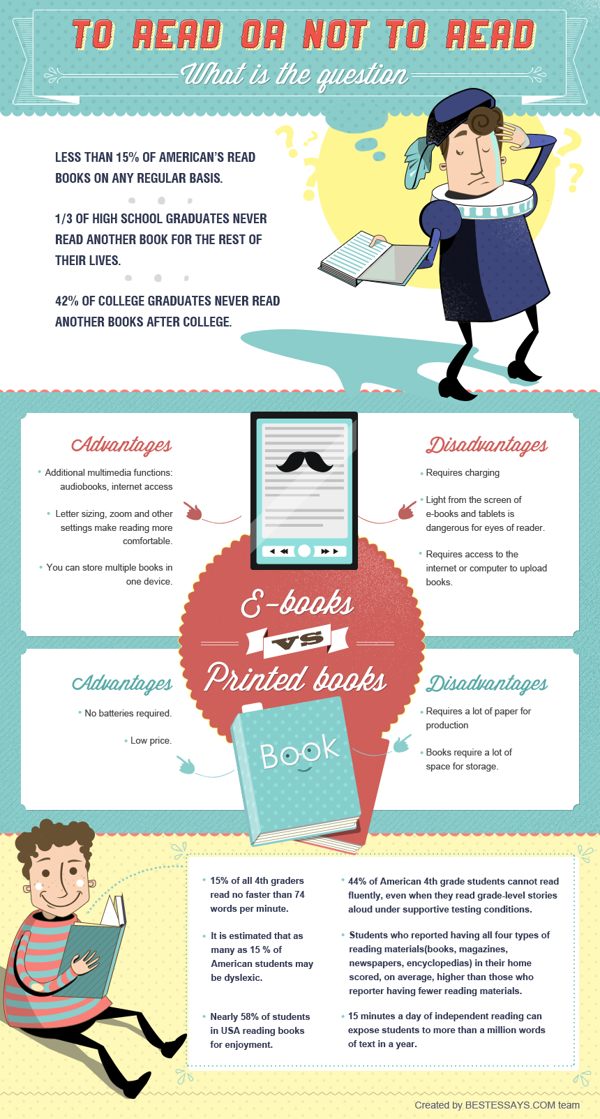
1. Age and level of knowledge
Simple children's stories can be useful for those who do not yet have a wide vocabulary and do not know all grammatical constructions. But popular science novels with serious vocabulary are suitable for people with an average and high level of knowledge, from there you will learn a lot of new words.
2. Goals of learning English
If you are studying English for work, choose professional literature, such books will help you learn useful vocabulary. If you need to build your vocabulary with colloquial expressions, choose modern prose with lots of dialogue. In this case, you will learn to speak like the heroes of your favorite work.
3. Genre of the book
Choose books that interest you: reading should bring not only benefits, but also pleasure, so you should not take the first female novel that comes across if your favorite genre is detective. Feel free to choose books of that genre and that author that you like to read in Russian.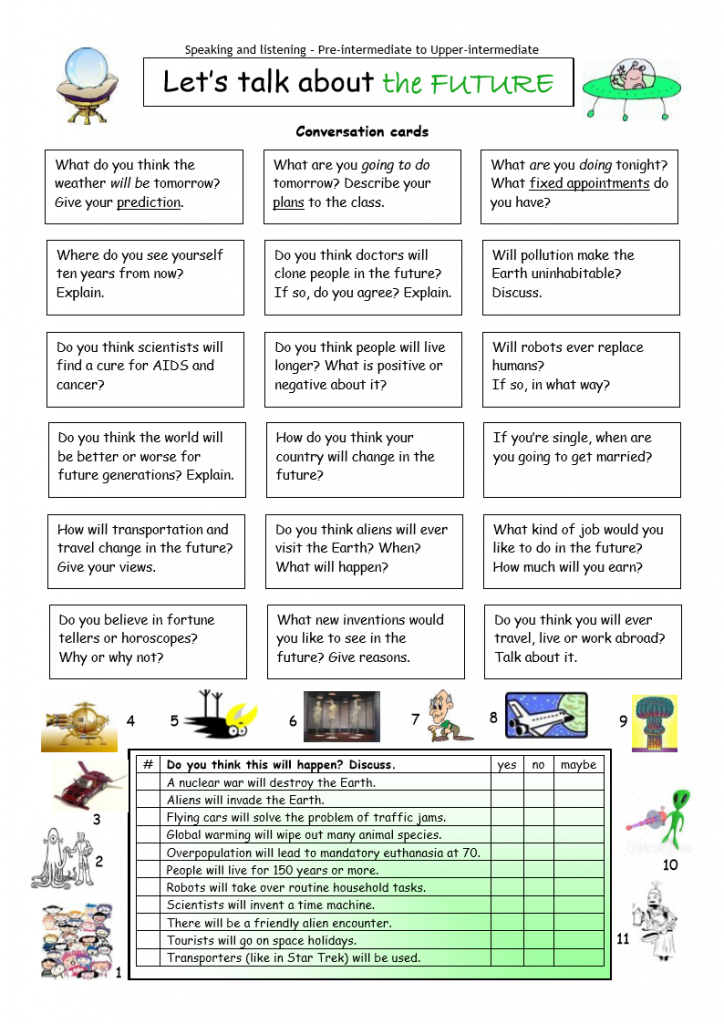 However, consider the fact that you may find it easier to read modern fiction with simple dialogue than science fiction or historical detective stories, where you will encounter a lot of unfamiliar words.
However, consider the fact that you may find it easier to read modern fiction with simple dialogue than science fiction or historical detective stories, where you will encounter a lot of unfamiliar words.
4. Year of writing
Classical works by British and American authors are written in accordance with all grammatical rules. In such books you will find interesting phrases, various comparisons and synonyms. At the same time, you may come across vocabulary that is not used in modern English, which will make it difficult for you to read the work, and you still cannot use the learned words in everyday speech, because for native English speakers you will sound too pretentious and grandiloquently. Agree, if you ask in Russian, “Is it far to the store with dishes?” instead of “Where is the nearest supermarket?”, it is unlikely that you will be answered adequately.
Modern literature is current words and phrases, slang expressions, dialogues from everyday life, and sometimes simplified grammar.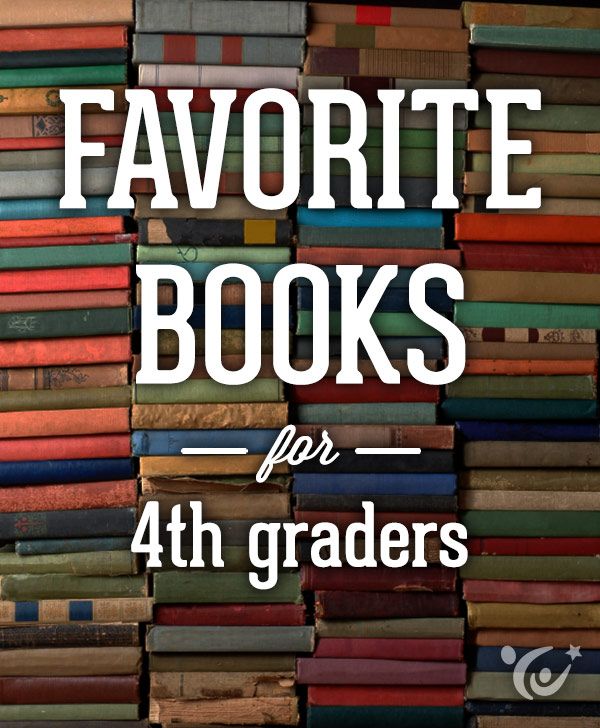 In terms of benefits for learning English, modern literature is the best option for reading.
In terms of benefits for learning English, modern literature is the best option for reading.
5. Complexity of the text
For an English book to benefit your knowledge, it must be uncomplicated, but not too simple. On average, you should meet no more than 10 unfamiliar words on the page (3-5 are better). This amount of new vocabulary will allow you to understand the meaning of what you read and maintain an interest in reading. You can guess the meaning of most words from the context, and this is much more useful and interesting than constant peeping in the dictionary.
6. A familiar book or not
Try to take a work that you have already read in Russian. In this case, you will not get lost in the plot, you will be able to guess the meaning of many words from the context, remembering the text in Russian. If you feel sorry for wasting time rereading an already familiar text, take something new, in which case you will be motivated to read the work to the end to find out how the book ends.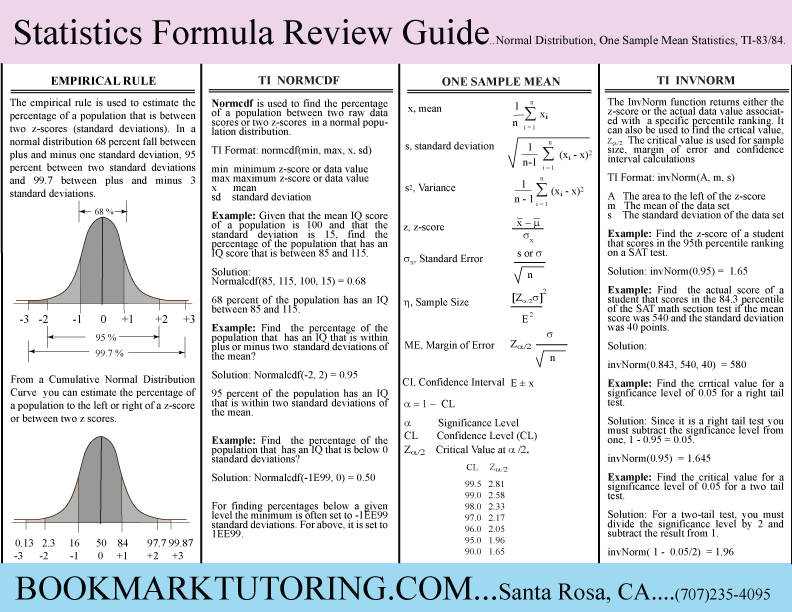
7. Format
The choice of electronic or printed format depends on the habit and conditions in which you read. The advantage of an e-book is portability and the ability to connect a dictionary, which will make it easier to find the meanings of unfamiliar words with one click on them. Nevertheless, a paper book is more convenient to work with if you are going to return to what you read earlier in order to better remember new words and phrases or to remember the storyline after a break in reading.
Audiobooks have won the hearts of some readers and caused an uproar in others. We will share an interesting and useful way of reading - listen to the text of an audiobook and repeat the phrases after the announcer, trying to imitate his pronunciation. Thus, you will improve your pronunciation, develop the correct intonation, get rid of the accent. You can read more about this technique in the article “How to learn English from audiobooks + 7 cool resources”.
Don't have time to read books? Then pay attention to 7 excellent sites with texts for reading in English, on these resources you will find short stories for people with different levels of knowledge of English, including texts for beginners.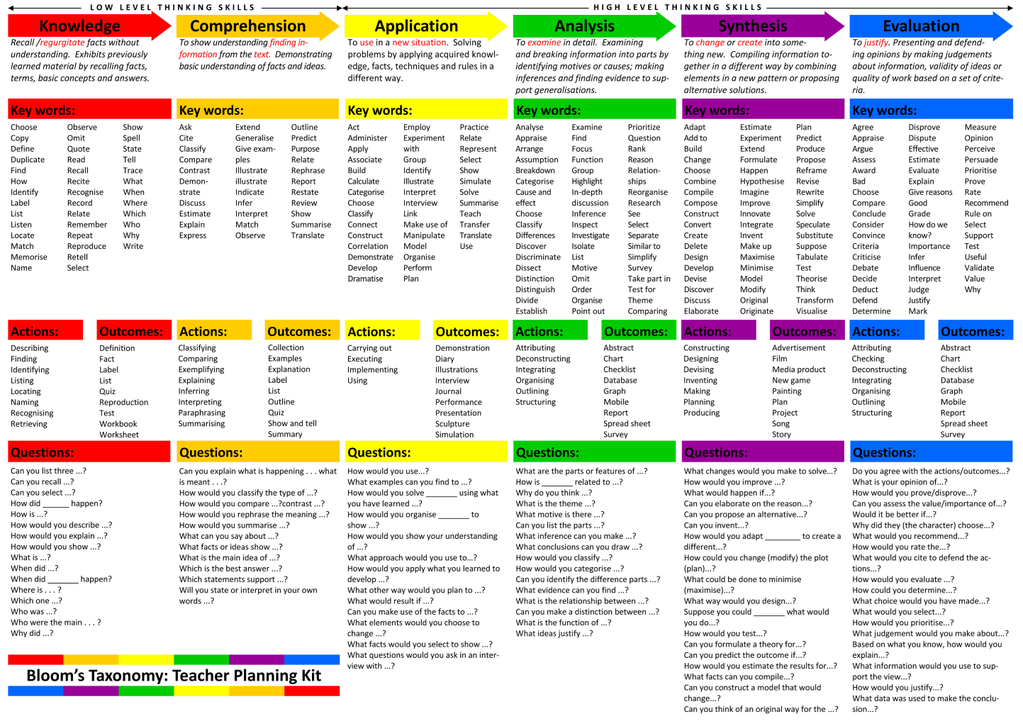
We asked our teachers to tell us about how they started reading books in English. You will find their answers in the article “What to read in English: our teachers advise”.
Which books to read with your level of knowledge
Next, we will consider in detail which books are better to read in English, depending on your level of knowledge. In order to correctly classify yourself as one or another category of readers, we recommend that you first take our test to determine the level of English.
In the table, we have listed books recommended for reading in English by level of knowledge. Many of the works we attributed to several levels at once. This is due to the fact that people at the same level may have a different stock of knowledge. In addition, we have sorted the books within the level from easy to hard. If you have never read a work in English, start at the top of the table and work your way down.
Under the table you will find detailed recommendations for each level of knowledge, be guided by them when choosing a book.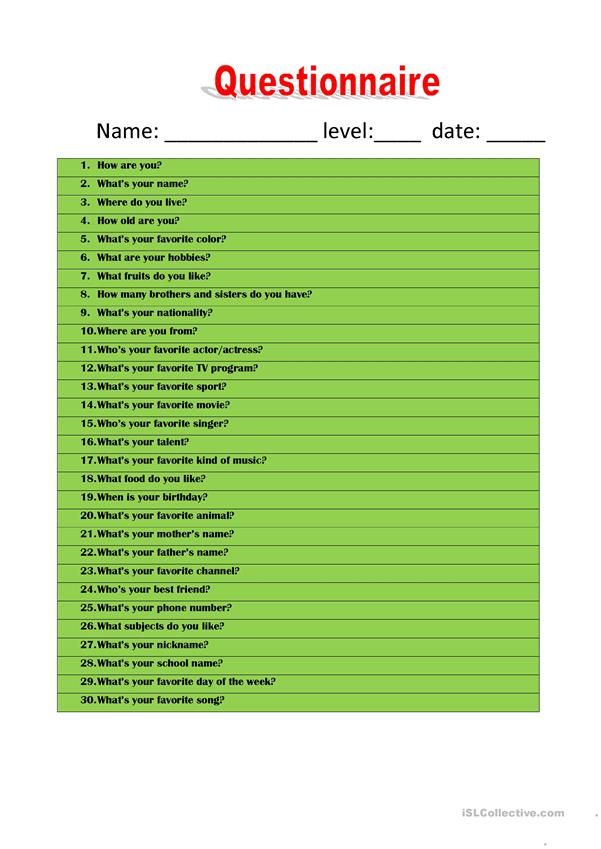
by A.A. Miln
by E.B. White
Charlie and the Chocolate Factory
by Roald Dahl
by L. Frank Baum
by Louisa May Alcott
The Subtle Knife,
The Amber Spyglass
by Philip Pullman
by J.
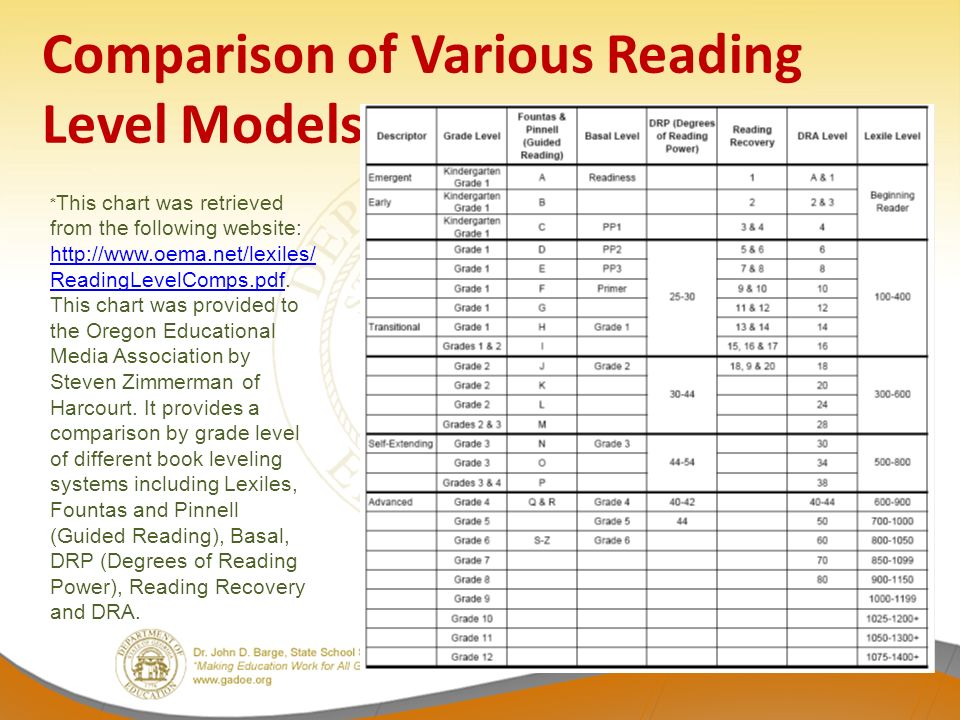 K. Rowling
K. Rowling by Clive Staples Lewis
Stephenie Meyer0088
by Suzanne Collins
by Sophie Kinsella
by Nicolas Sparks
by Elizabeth Gilbert
Carrie, 9007 Carrie, ET.

by Stephen King
Dandelion Wine,
A Sound of Thunder
by Ray Bradbury
by J.D. Salinger
A Farewell to Arms,
For Whom the Bell Tolls
by Ernest Hemingway
Detectives
by Agatha Christie
Of course, we do not recommend beginners to read literature in the original: even children's fairy tales will still cause difficulties in reading.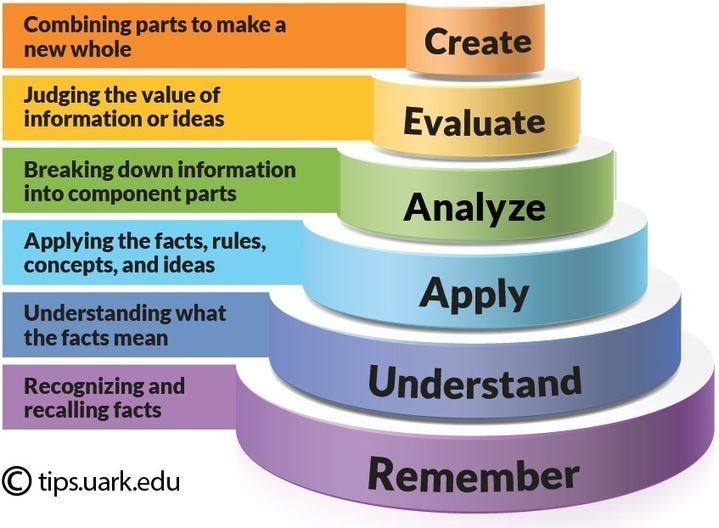 However, you can already study simple texts.
However, you can already study simple texts.
- English textbooks
- Adapted literature
- Plain texts
The textbooks at your level contain simplified texts filled with useful words and phrases, so we advise you to start with the texts in the textbooks.
Adapted books are a great help in learning English. The simplification of the text consists in the fact that complex, rarely used words are replaced by simpler and more frequently used ones. You can find books for your level of knowledge at english-e-reader.net. We also recommend reading the article Adapted Books: Is It Worth Reading?
Plain texts adapted to your level of knowledge are a great alternative to books in English. Try to read the texts on the rong-chang.com website - they will be clear even to people with a very small vocabulary. In addition, at the Elementary level, you can try reading English books for toddlers, such as the adventures of Paddington Bear.
Books in English for the intermediate level
We included Pre-Intermediate, Intermediate and Upper-Intermediate in the intermediate level of knowledge.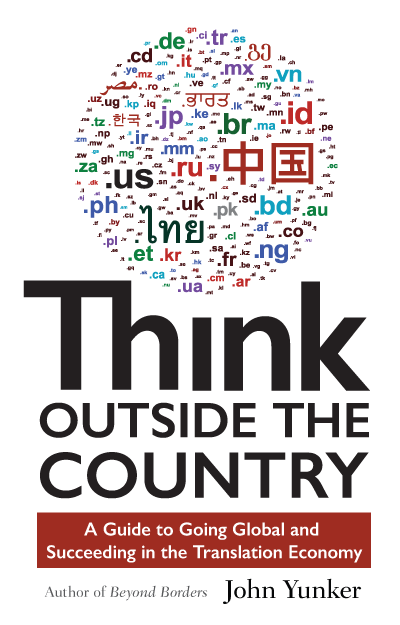
At the Pre-Intermediate level, we recommend reading adapted literature. Keep in mind an important detail: some publishers simplify the texts too much, so the text of your level may seem very easy. In this case, we recommend taking the book to a more difficult level. If you see those same 3-10 new words per page, feel free to start reading. At the same level, you can try reading children's books, for example, by Roald Dahl. His stories can be safely read to an adult: the author's original humor will not leave you indifferent.
At the Intermediate level, you can already start reading literature in the original. We want to warn you right away: the first few pages of any book in the original in English will be a real test of your stamina. You will immerse yourself in the world of living English with a variety of grammatical structures, new words, idioms, phrasal verbs. And here the main thing is not to dive into the dictionary for every word. Take note of only those words without which it is impossible to understand the meaning of the text.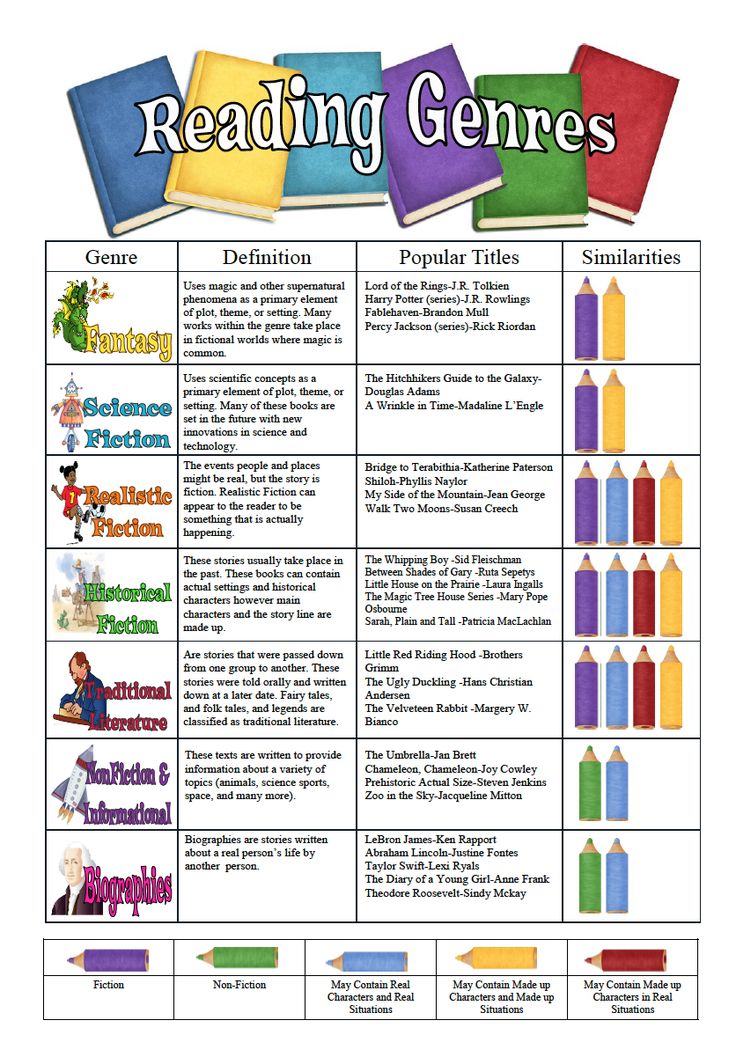 After a few pages, you will get used to the author's style, get involved in the plot, and it will become easier to read.
After a few pages, you will get used to the author's style, get involved in the plot, and it will become easier to read.
The Upper-Intermediate level provides even more reading opportunities. You have a solid vocabulary and a good knowledge of grammar, so you will be able to read most books without difficulty, using a dictionary on rare occasions. The advice remains the same: do not look up every unfamiliar word in the dictionary and enjoy reading.
Books in English for advanced levels
Advanced and Proficiency people are the luckiest - they can read almost any book in English. The only exception may be specialized literature, but if you are fond of quantum physics, then in order to gain new knowledge, you can take up books on this topic.
How to read books in English correctly: 7 tips
1. Write down unfamiliar words
To get the most out of reading, learn new vocabulary from the text. Write down whole phrases or fragments of phrases in which you met an unfamiliar word.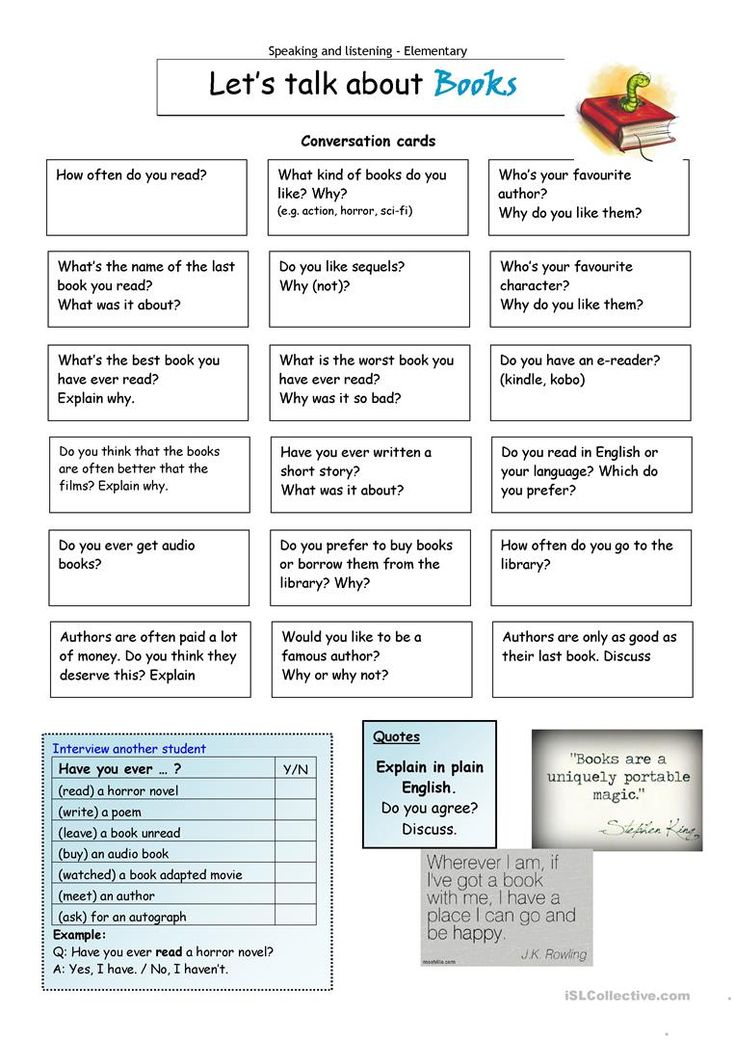 In context, vocabulary will be easier to learn and you will know which words go with the word you have learned. Do not want to spoil the pleasure of reading? Then set yourself the task of writing down words from just a few pages a day, and then just read the book, using a dictionary only as a last resort. And don't forget to read about how to expand your vocabulary through reading.
In context, vocabulary will be easier to learn and you will know which words go with the word you have learned. Do not want to spoil the pleasure of reading? Then set yourself the task of writing down words from just a few pages a day, and then just read the book, using a dictionary only as a last resort. And don't forget to read about how to expand your vocabulary through reading.
2. Pay attention to grammatical constructions
While reading, pay attention to how English tenses and grammatical constructions are used in the text. This is a very useful exercise, because the more a person reads, the more competently he speaks and writes. The logic is simple: you get used to seeing correctly formulated sentences, memorize them and subsequently reproduce them in your speech. Find out some useful tricks for learning grammar constructions from the article "How to improve your knowledge of English grammar while reading."
3. Read aloud
By reading aloud you practice correct pronunciation, but only if you know the rules of reading English well.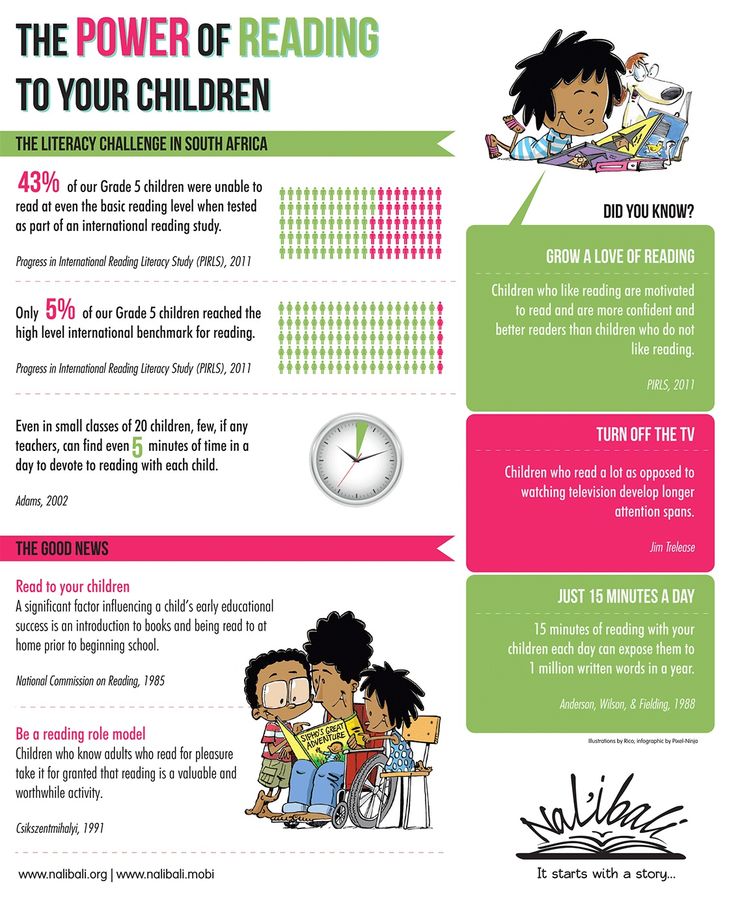 We recommend reading our article “TOP-13 “Russian” mistakes in English pronunciation”. At the same time, reading aloud can quickly tire you out, so alternate it with reading to yourself.
We recommend reading our article “TOP-13 “Russian” mistakes in English pronunciation”. At the same time, reading aloud can quickly tire you out, so alternate it with reading to yourself.
4. Use the correct dictionary
As we have already written, the dictionary should be used sparingly and in most cases try to do without it. Moreover, if you have already reached the Pre-Intermediate level, try using an explanatory (English-English) dictionary instead of Russian-English. So you learn not only a new word, but also its definition in English. Read our article about the benefits of an English-English dictionary.
5. Don't use translation software
Machine translation is bad for fiction and English learning in general. So far, none of the most advanced programs can translate phrases taking into account the context. If you have a desire to use the help of the program, think about whether the text you have chosen is too complicated. Perhaps you should take something simpler so that when reading, you can manage with your knowledge.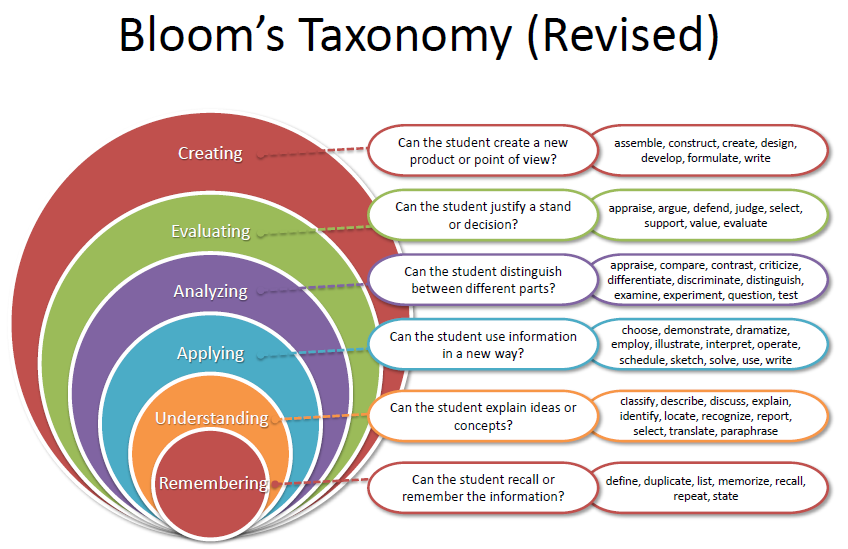
6. Be patient
Of course, we painted a very rosy picture: take a book in English and read it easily. In fact, the first pages will be given with great difficulty, because you have actually been pulled out of the Russian-speaking environment and plunged headlong into the English language. Our advice is to stick with the first few pages and try not to go into too much detail. While reading, do not try to analyze every word. Remember what happens while reading in Russian: you do not read each word separately and do not think about it, but perceive the text as a whole and imagine what is happening in your head. Do the same with the English text: draw the plot in your mind, try not to think that some words are unfamiliar to you.
7. Read regularly
Try to read at least 4-6 pages a day. It will take quite a bit of time, but the results of your classes will be noticeable very soon. Particular attention should be paid to reading for those who take a break from learning, for example, during a vacation.
Do you want to not only read, but also discuss what you have read in English? Then sign up for a conversational English course.
Now you know which books in English to read for beginners, and which ones are suitable for people with an average level of knowledge. We have a rather large list, but we are sure that the readers of our blog also have something to say on this topic. Write in the comments what books and at what level you read.
© 2023 englex.ru, copying of materials is possible only with a direct active link to the source.
15 books in English for leveling up
English teachers - and we too - do not get tired of repeating that reading books in the original is a great way to expand vocabulary and improve the language. In addition, you combine business with pleasure.
We made a selection of books in English by levels - they will help you learn the language. You won't find hackneyed Gatsby or cereal chasms here: we have tried to include unusual and rarely mentioned works in English in the list. The article has three sections for three levels of English - choose yours and go ahead. And at the end of the most patient readers, a mini-surprise awaits.
The article has three sections for three levels of English - choose yours and go ahead. And at the end of the most patient readers, a mini-surprise awaits.
Tip: if you're not sure what level you are, read our article . It will help you decide which part of the list to look at.
It's never too early to start reading books in the original. Even if you can only speak on simple topics so far, you can already try to master simple novels and short stories. With a dictionary, of course.
Detective novel by British writer Mark Haddon.
Plot of : One morning, autistic teenager Christopher finds a dog killed with a pitchfork in his backyard. The dog belonged to the boy's neighbors, and despite his father's protests, the child decides to start his own investigation into the brutality. However, the detective path does not lead the protagonist to what he expected.
English in the book : The novel is written for teenagers, so the language is quite simple.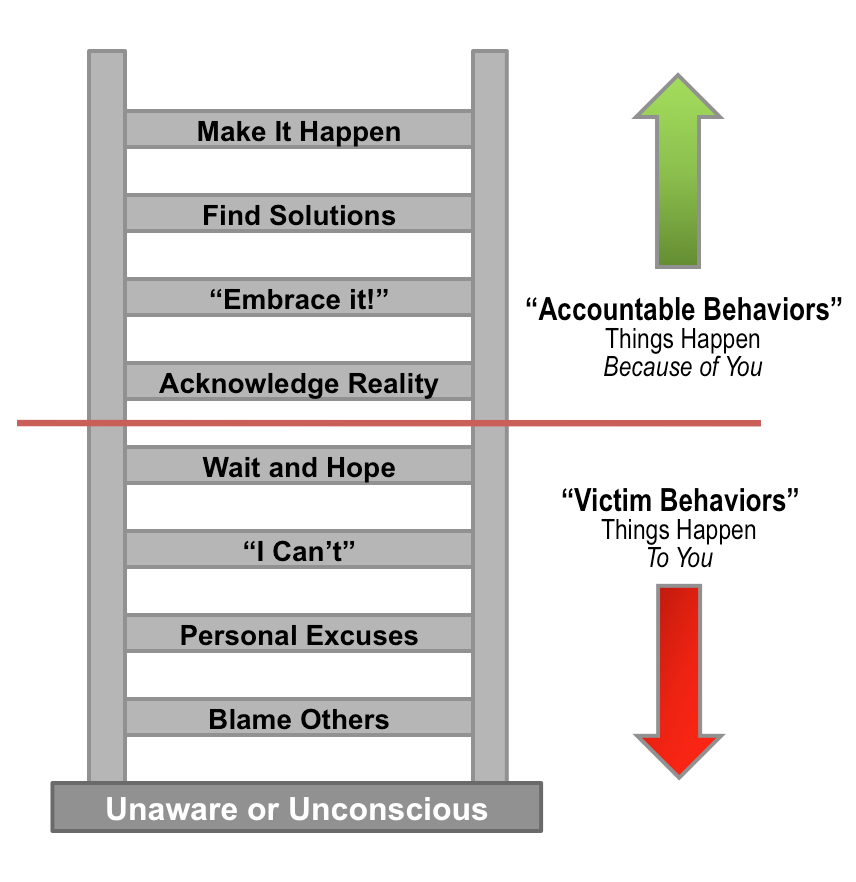 In addition, the book is generously illustrated with pictures, graphs and diagrams that will help you understand the text if it is not very clear. And Haddon also has such a style that on one page you will first laugh hysterically, and on the next you will struggle with a lump in your throat.
In addition, the book is generously illustrated with pictures, graphs and diagrams that will help you understand the text if it is not very clear. And Haddon also has such a style that on one page you will first laugh hysterically, and on the next you will struggle with a lump in your throat.
Quote from : People think that alien spaceships would be solid and made of metal and have lights all over them and move slowly through the sky because that is how we would build a spaceship if we were able to build one that big. But aliens, if they exist, would probably be very different from us. They might look like big slugs, or be flat like reflections. Or they might be bigger than planets. Or they might not have bodies at all. They might just be information, like in a computer. And their spaceships might look like clouds, or be made up of unconnected objects like dust or leaves.
Other adaptations : Played from the book at the Royal National Theatre, London. Also Warner Bros. wanted to make a film, but production never started.
Also Warner Bros. wanted to make a film, but production never started.
One of the books in the Mrs. Murphy series by American writer Rita May Brown.
Plot : Winter has come to Virginia. The small town of Crozet is gearing up for the Silver Linings' annual gala, but the holiday spirit won't last long. Two foundation mentors are found dead. The circumstances of death are, of course, mysterious and somehow connected with the events of 25 years ago. The main character Harry and her faithful assistants take on the investigation of the case: the cat Mrs. Murphy, the kitten Pyauter and the corgi Tee Tucker (What? Yes).
English in the book : The novel is written in the genre of "cozy detective story" in which the main characters are animals, so May Brown's presentation will be understandable even to beginners. The main characters are listed at the beginning of the book, and there will be no problems remembering all the nicknames. This work will be an excellent start to get acquainted with how the natives talk, using the example of simple dialogues between cats and corgis.
The main characters are listed at the beginning of the book, and there will be no problems remembering all the nicknames. This work will be an excellent start to get acquainted with how the natives talk, using the example of simple dialogues between cats and corgis.
Quote : Jessica dutifully investigate the contents: one Case pocket knife, a folded cotton handkerchief, twenty-two dollars in small bills, one dog cookie.
Harry pointed out the cookie. “Never know when I might get hungry.”
The ladies laughed again as Alicia walked to the large triple-sash windows. “Girls, we're in for it.”
Other adaptations of : An audio version of is available on audible.com .
The first book in a series of the same name by the American writer Louis Saker.
Plot : Stanley Ilnats lives with a birth curse. It started with his bad-dirty-spoiled-great-great-grandfather who stole a pig and hasn't left the family ever since.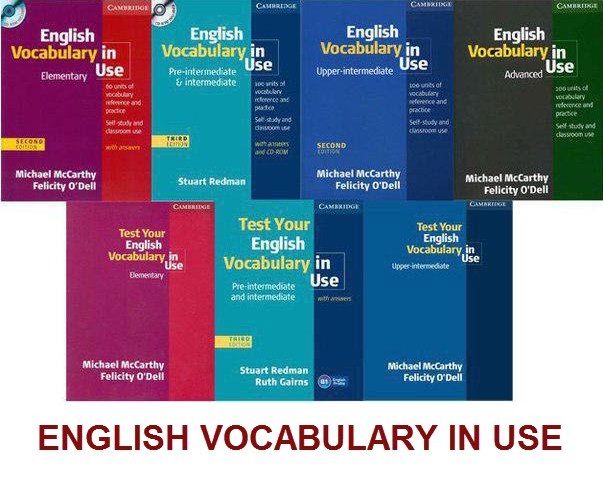 Perhaps it was because of the curse that Stanley was unfairly framed for the crime and sent to the Green Lake Juvenile Detention Center. Only there is no lake. Yes, and greenery too. All that is in the center is a bunch of holes that delinquent children have to dig "to strengthen their character." As he stays in the camp, Stanley begins to understand that it is not only about character - apparently, the head of the institution is trying to find something. And Stanley decides to understand what is really going on.
Perhaps it was because of the curse that Stanley was unfairly framed for the crime and sent to the Green Lake Juvenile Detention Center. Only there is no lake. Yes, and greenery too. All that is in the center is a bunch of holes that delinquent children have to dig "to strengthen their character." As he stays in the camp, Stanley begins to understand that it is not only about character - apparently, the head of the institution is trying to find something. And Stanley decides to understand what is really going on.
English in the book : Saker loves short and simple sentences, so even if your English is still weak, you can easily follow the events. The only difficulty that may arise is related to the structure of the book - the author tells the story in several time periods. However, if you are a fan of Nolan, this will not be an obstacle either.
Quote : But don't forget who you really are. And I'm not talking about your so-called real name.
All names are made up by someone else, even the one your parents gave you. You know who you really are. When you’re alone at night, looking up at the stars, or maybe lying in your bed in total darkness, you know that nameless person inside you…Your muscles will be toughen. So will your heart and soul. That's necessary for survival. But don't lose touch with that person deep inside you, or else you won't really have survived at all.
Other adaptations of : In 2003, the book was made into the movie Treasure starring Sigourney Weaver and a young Shia LaBeouf. What other arguments do you need to read a work and watch a movie? Just do it!
Roman Raquel Palacio.
Plot : August Pullman has no face.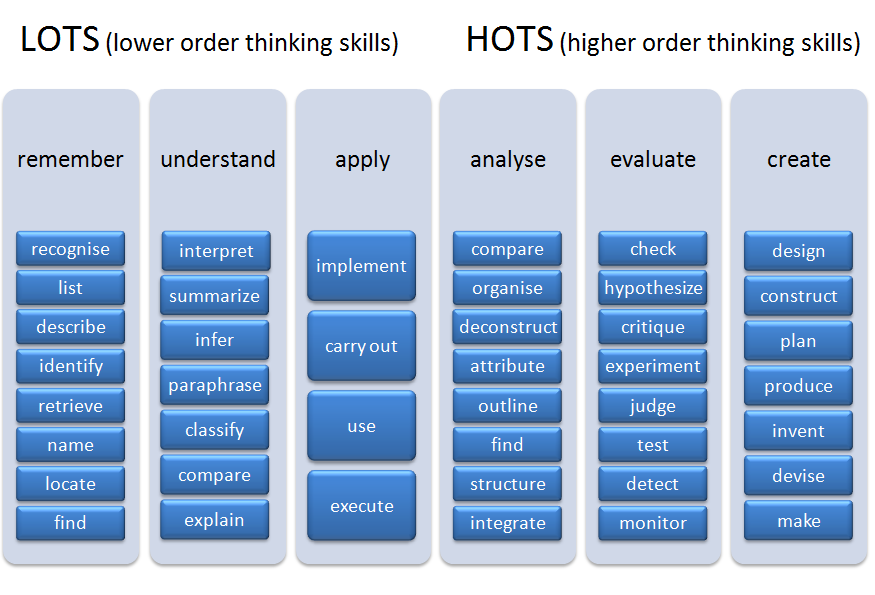 More precisely, it is, but it looks completely different from the faces of all the other children. The boy suffers from Treacher Collins Syndrome, a condition in which the eyes, nose, mouth and jaw are severely deformed due to a mutation in DNA. It was this illness that kept August homeschooled for his entire life. But now he has to "see the world" and go to an ordinary school with ordinary lessons. Unfortunately, ordinary bulls are also on the agenda. Although August tries not to attract attention, a group of bullies notice his differences and start bullying. The book describes a year in the life of a child and his experiences due to the fact that he is not like everyone else.
More precisely, it is, but it looks completely different from the faces of all the other children. The boy suffers from Treacher Collins Syndrome, a condition in which the eyes, nose, mouth and jaw are severely deformed due to a mutation in DNA. It was this illness that kept August homeschooled for his entire life. But now he has to "see the world" and go to an ordinary school with ordinary lessons. Unfortunately, ordinary bulls are also on the agenda. Although August tries not to attract attention, a group of bullies notice his differences and start bullying. The book describes a year in the life of a child and his experiences due to the fact that he is not like everyone else.
English in the book : Raquel Palacio's book was inspired by a real life incident: one day her son saw a girl with a deformed face and started crying. The woman was very embarrassed, and she thought that a valuable lesson could be learned from this situation, not only for her son, but for all children.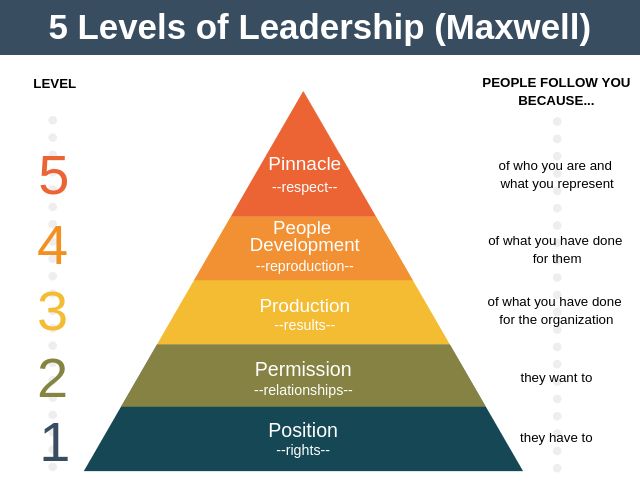 So "Miracle" is primarily focused on primary and secondary school age, and the language in it is simple and understandable. However, you should not take the book as a children's book: the work raises questions and problems that are relevant for any age.
So "Miracle" is primarily focused on primary and secondary school age, and the language in it is simple and understandable. However, you should not take the book as a children's book: the work raises questions and problems that are relevant for any age.
Quote from : It’s like people you see sometimes, and you can’t imagine what it would be like to be that person, whether it’s somebody in a wheelchair or somebody who can’t talk. Only, I know that I'm that person to other people, maybe to every single person in that whole auditorium.
To me, though, I'm just me. An ordinary kid.
Other adaptations of : In 2017, the book was made into a movie of the same name with Owen Wilson, Julia Roberts and Jacob Tremblay. Directed by Stephen Chbosky.
Novel by American writer Paul Auster.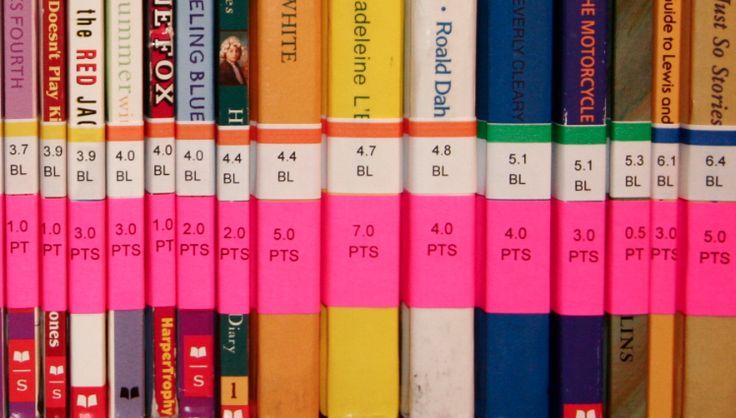
Plot : Mr. Seltz is almost an ordinary dog. “Almost” because, unlike other dogs, Mr. Seltz can understand English and carry out the narration in his own head. Shaggy lives on the streets of Brooklyn with his man Willy. True, Willie did not have to live very long: because of the hard life of a homeless man, he developed a terrible cough, which is getting worse every day. Willie decides to do one last good deed in this world and sets out to find a new home for Mr. Zelts. The faithful dog recounts their final adventure from his canine perspective.
English in the book : Dogs are rarely followers of Immanuel Kant or Arthur Schopenhauer, so their speech is usually quite simple. Paul Auster gives Mr. Seltz (originally Mr. Bones) easy English with short sentences and clear constructions. The only thing you should be afraid of is drowning in tears after reading this book.
Quote : That's all I've ever dreamed of, Mr.
Bones. To make the world a better place. To bring some beauty to the drab, humdrum corners of the soul. You can do it with a toaster, you can do it with a poem, you can do it by reaching out your hand to a stranger. It doesn't matter what form it takes. To leave the world a little better than you found it. That's the best a man can ever do.
Other adaptations: In 2009, Audible.com released the Timbuktu audiobook.
Do you know that in addition to audio books there are also audio series? Now you know. Read our article to find out about the coolest of the .
Students with an intermediate level of the language have more books in the original available, but complex manifestos and encyclopedias are not yet worth taking. You can read the works that English-speaking students go through in high school.
Bestselling novel by Stephen Chbosky.
Plot of : The book tells the coming-of-age story of Charlie, a 15-year-old introverted teenager who is going through depression.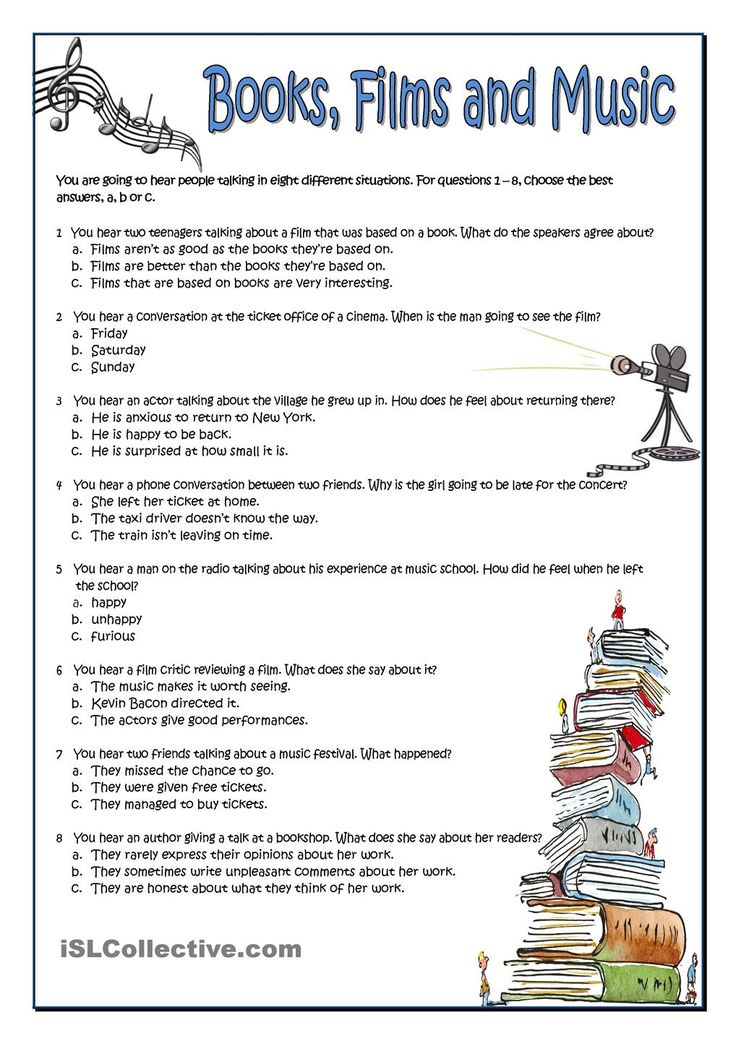 At school, he meets older guys Sam and Patrick and, together with their company, learns the world of alcohol, first sexual contact and drugs. “It’s good to be quiet” is a kind of “Catcher in the Rye” of our time, which skillfully describes the spiritual throwing of adolescents and the problems that accompany the process of growing up.
At school, he meets older guys Sam and Patrick and, together with their company, learns the world of alcohol, first sexual contact and drugs. “It’s good to be quiet” is a kind of “Catcher in the Rye” of our time, which skillfully describes the spiritual throwing of adolescents and the problems that accompany the process of growing up.
English in the book : Chbosky's prose is light and captivating from the first sentences. In the book, you can find idioms and slang familiar to students who are already a little savvy in English, but in general, beginners can try to read the work.
Quote : I remembered this one time that I never told anybody about. The time we were walking. Just the three of us. I was in the middle. I don't remember where we were walking to or where we were walking from. I just remember the season. I just remember walking between them and feeling for the first time that I belonged somewhere.
Other adaptations of : In 2012, the film of the same name was released starring Emma Watson, Logan Lerman and Ezra Miller.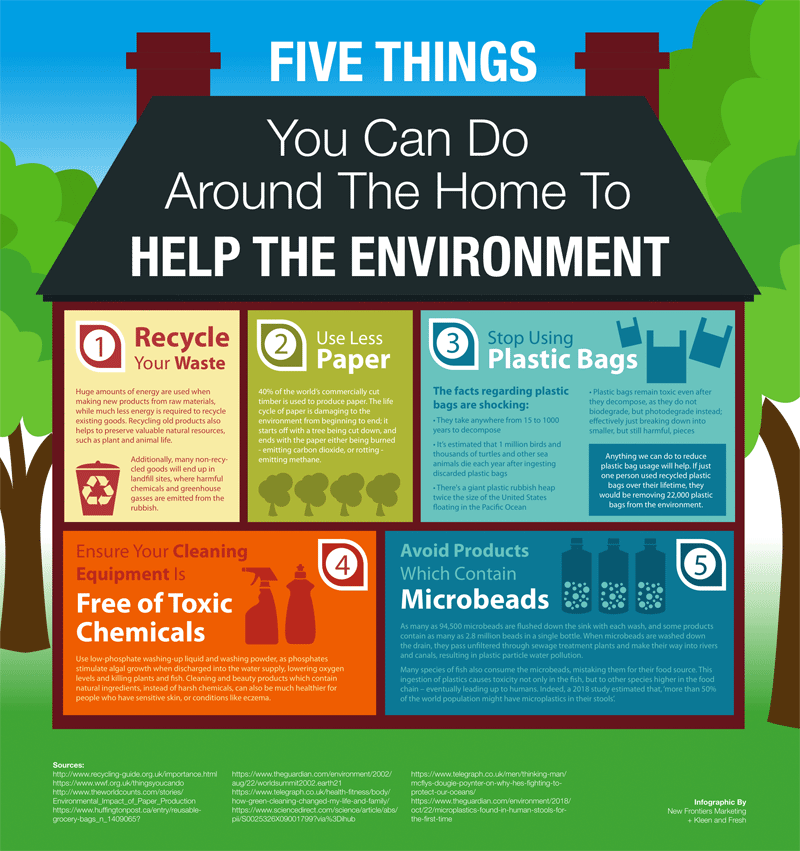 Also directed by Stephen Chbosky, the film was a worldwide success.
Also directed by Stephen Chbosky, the film was a worldwide success.
Novel by Australian writer Markus Zusak.
Plot of : Death Itself tells the reader the story of nine-year-old Liesel. In the courtyard of the Second World War, the girl is forced to leave her family and settle in a waiting room. On the way to a new home, Liesel's brother dies, and during his funeral, the heroine steals her first book. Then Death tells about the horrors of war that the child and her entourage have to go through. But in addition to suffering, the girl is also waiting for new friends, discoveries and stolen books - they become the main inspirers and support of Liesel.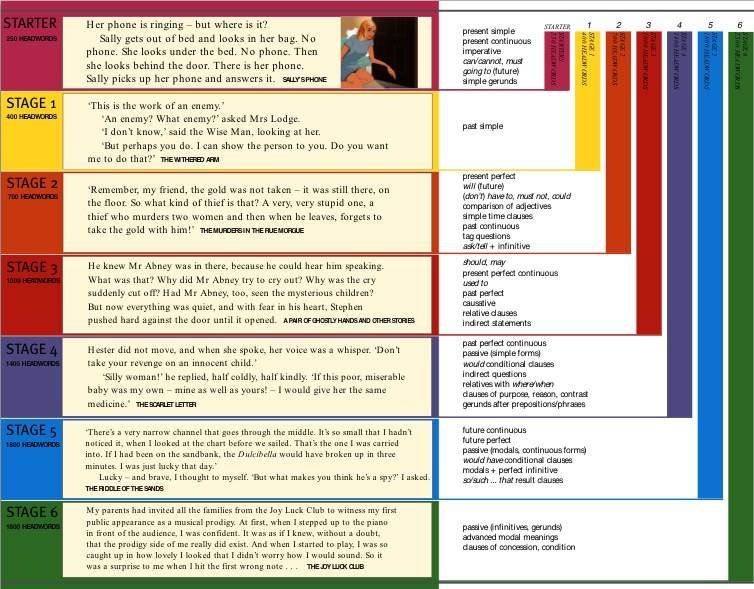
English in the book : Despite the fact that the novel is about a nine-year-old girl, the book is not unequivocally a children's book. Death in Zusak's work does not skimp on the details of the description of the nightmares of war, the atmosphere of fear and hatred. In addition, the novel is quite voluminous - almost 600 pages. However, for students who have already approached the Intermediate, all these pages will fly by in one breath - the story of Liesel and her struggle for a normal existence will resonate with any reader who is not devoid of empathy. And it's hard not to fall in love with Death, with his witty remarks and revealing comments.
Quote from : I wanted to tell the book thief many things, about beauty and brutality. But what could I tell her about those things that she didn't already know? I wanted to explain that I am constantly overestimating and underestimating the human race-that rarely do I ever simply estimate it.
I wanted to ask her how the same thing could be so ugly and so glorious, and its words and stories so damning and brilliant.
Other adaptations : Released in 2013 film of the same name with Geoffrey Rush and Emily Watson.
The first novel of the dystopian tetralogy of the same name by the American writer Louis Lowry.
Plot of : 12-year-old Jonas lives in an isolated Community, whose existence is based on a huge number of rules and unshakable order. Every member of society has an assigned role, and one cannot disobey or think "differently". Because Jonas is a bright and respected young man, he is assigned the prestigious job of Receiving Memory.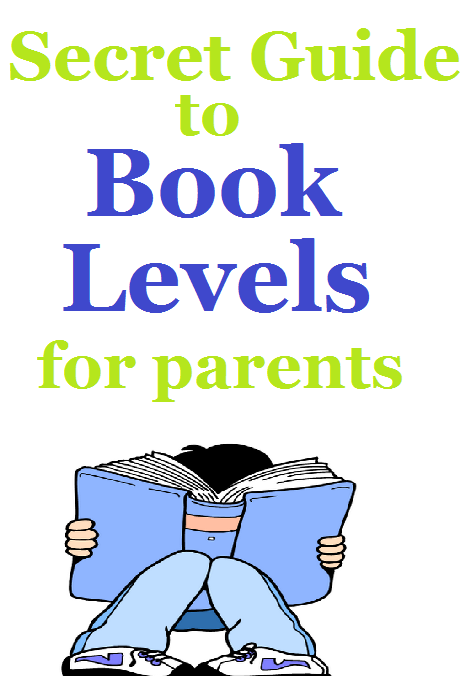 The previous position holder begins to teach the boy about human experience. He learns what love, friendship, grief and emotions are. After that, Jonas realizes that he no longer wants to live in a Community where there is only dullness, but wants to go in search of a place where colors exist.
The previous position holder begins to teach the boy about human experience. He learns what love, friendship, grief and emotions are. After that, Jonas realizes that he no longer wants to live in a Community where there is only dullness, but wants to go in search of a place where colors exist.
English in the book : Lowry's book is intended for high school students, but because the book deals with social issues, it can also appeal to adults. The novel contains complex constructions and philosophical terms, so it is great for people with intermediate English who want to expand their vocabulary.
Quote : ‘I liked the feeling of love,’ [Jonas] confessed. He glanced nervously at the speaker on the wall, reassuring himself that no one was listening. ‘I wish we still had that,’ he whispered. ‘Of course,’ he added quickly, ‘I do understand that it wouldn’t work very well. And that it's much better to be organized the way we are now.
I can see that it was a dangerous way to live.’
…’Still,’ he said slowly, almost to himself, ‘I did like the light they made. And the warmth.
Other adaptations : The book was filmed in 2014 as The Initiate . The film stars Jeff Bridges, Meryl Streep, Alexander Skarsgård and Katie Holmes.
Sci-fi novel by Mike Carey.
Plot : Twenty years ago mankind was struck by the Ophiocordyceps unilateralis virus. Because of him, people became incredibly carnivorous and began to - guess what - that's right, bloodthirstyly devour those around them. But this is not another basic zombie horror.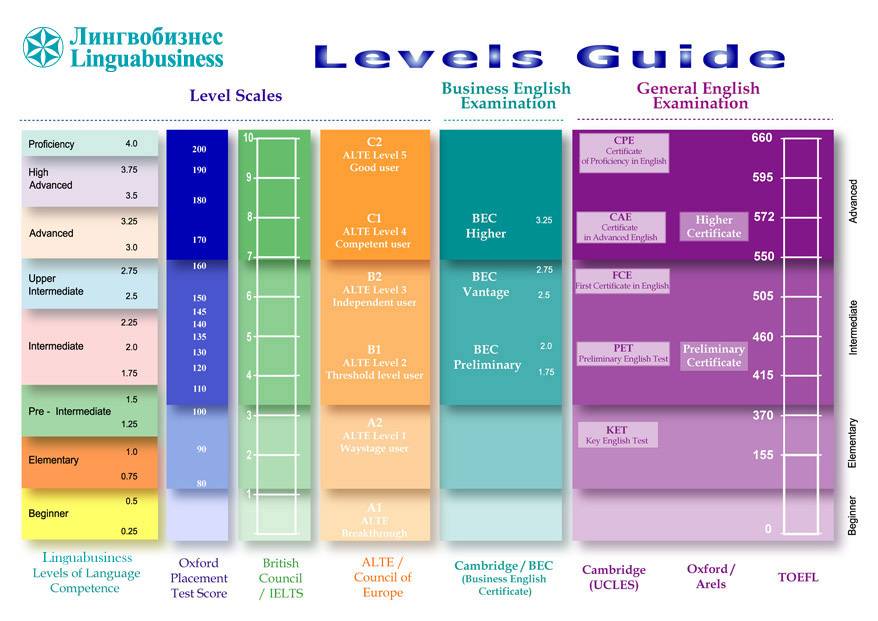 The main character in it is a zombie. A small group of survivors is developing a vaccine based on the study of the "second wave" infected - children who contracted the virus while in the womb. They are also carnivorous, but more intelligent, and scientists smear themselves with a special substance that suppresses human smell in order to interact with and study children. One of the test subjects, a girl named Melanie, shows special abilities and curiosity. She is unaware of her infection, and her talents give scientists confidence that a working vaccine is at hand. What they don't know, however, is that the survival of humanity no longer depends on vaccination.
The main character in it is a zombie. A small group of survivors is developing a vaccine based on the study of the "second wave" infected - children who contracted the virus while in the womb. They are also carnivorous, but more intelligent, and scientists smear themselves with a special substance that suppresses human smell in order to interact with and study children. One of the test subjects, a girl named Melanie, shows special abilities and curiosity. She is unaware of her infection, and her talents give scientists confidence that a working vaccine is at hand. What they don't know, however, is that the survival of humanity no longer depends on vaccination.
English in the book : There are almost no complex temporary constructions in this work - the narration is conducted in Present Simple, that is, here and now. However, the book is filled with medical terms and modern idioms, making the novel useful for expanding vocabulary at the Intermediate and above levels.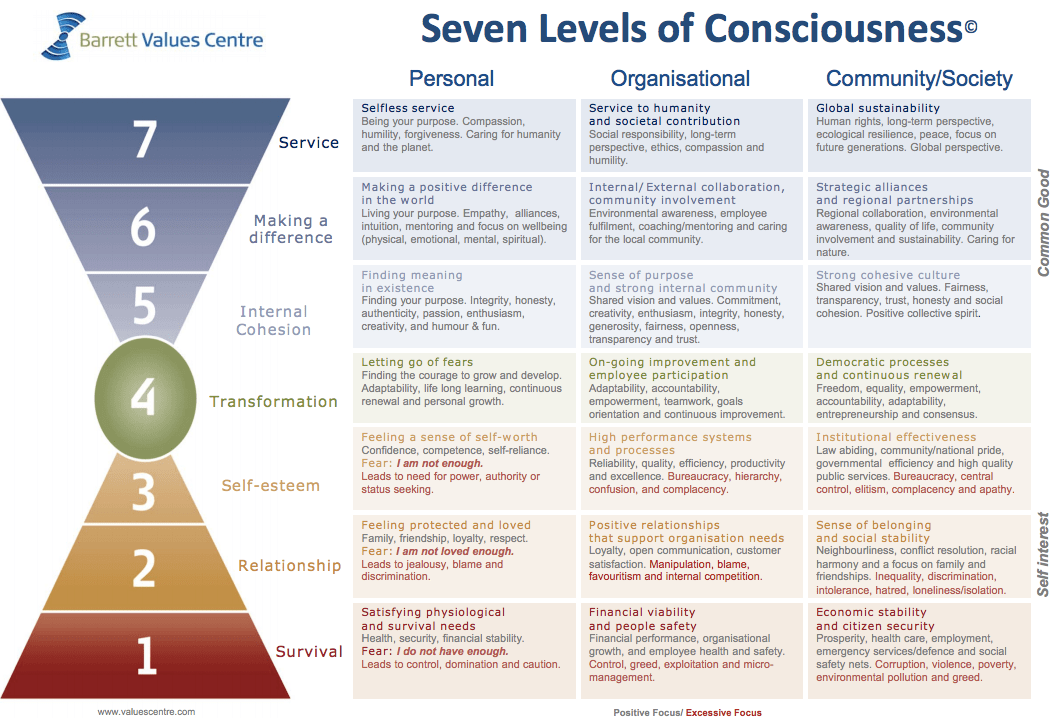
Quote from : Denial is a stage she goes through very quickly indeed, because her reason strikes down the demeaning, treacherous thought as quickly as it rises. There's no point in denying the truth when the truth is self-evident. There's no point in denying the truth even if you have to wade through thorn thickets and minefields to get to it. The truth is the truth, the only prize worth having. If you deny it, you're only showing that you're unworthy of it.
Other adaptations of : In 2016, the film of the same name was released , which was positively received by critics and won several prizes and nominations.
Novel by British writer Nick Hornby.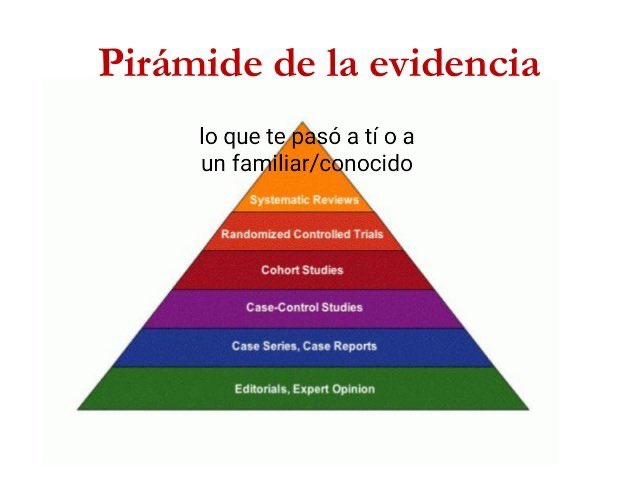
Plot of : Will is a 36-year-old staunch bachelor who has never worked a day in his life, living comfortably on his father's capital. A little tired of parties, he comes up with a creative way to meet women: at meetings of single mothers. At one of these meetings, he hits on Fiona, they have some kind of relationship, and Will meets her teenage son Marcus. Suddenly a small child and a big child become friends. An unexpected union leads to a reassessment of values and life changes in the fate of all the heroes. Lovers of melodrama will definitely like this book.
English in the book : Hornby's language is alive and modern. The sentences are full of slang and colloquial expressions, and the writer also likes to mention the names and phenomena of popular culture - the music and film industries, brands and TV programs. For example, Nirvana plays a huge role in this book - even the title refers to the song About a Boy from their first album.
Quote: He loved Nirvana, but at his age they were kind of a guilty pleasure. All that rage and pain and self-hatred! Will got a bit…fed up sometimes, but he couldn't pretend it was anything stronger than that. So now he used loud angry rock music as a replacement for real feelings, rather than as an expression of them, and he didn't even mind very much. What good were real feelings anyway?
Other adaptations of : In 2002, the book was released into the film of the same name, with Hugh Grant and Nicholas Hoult. Despite the positive assessments of critics, many note that the picture and the short story are very different.
With the Advanced language level and above, you are no longer limited in choosing “what to read in English”.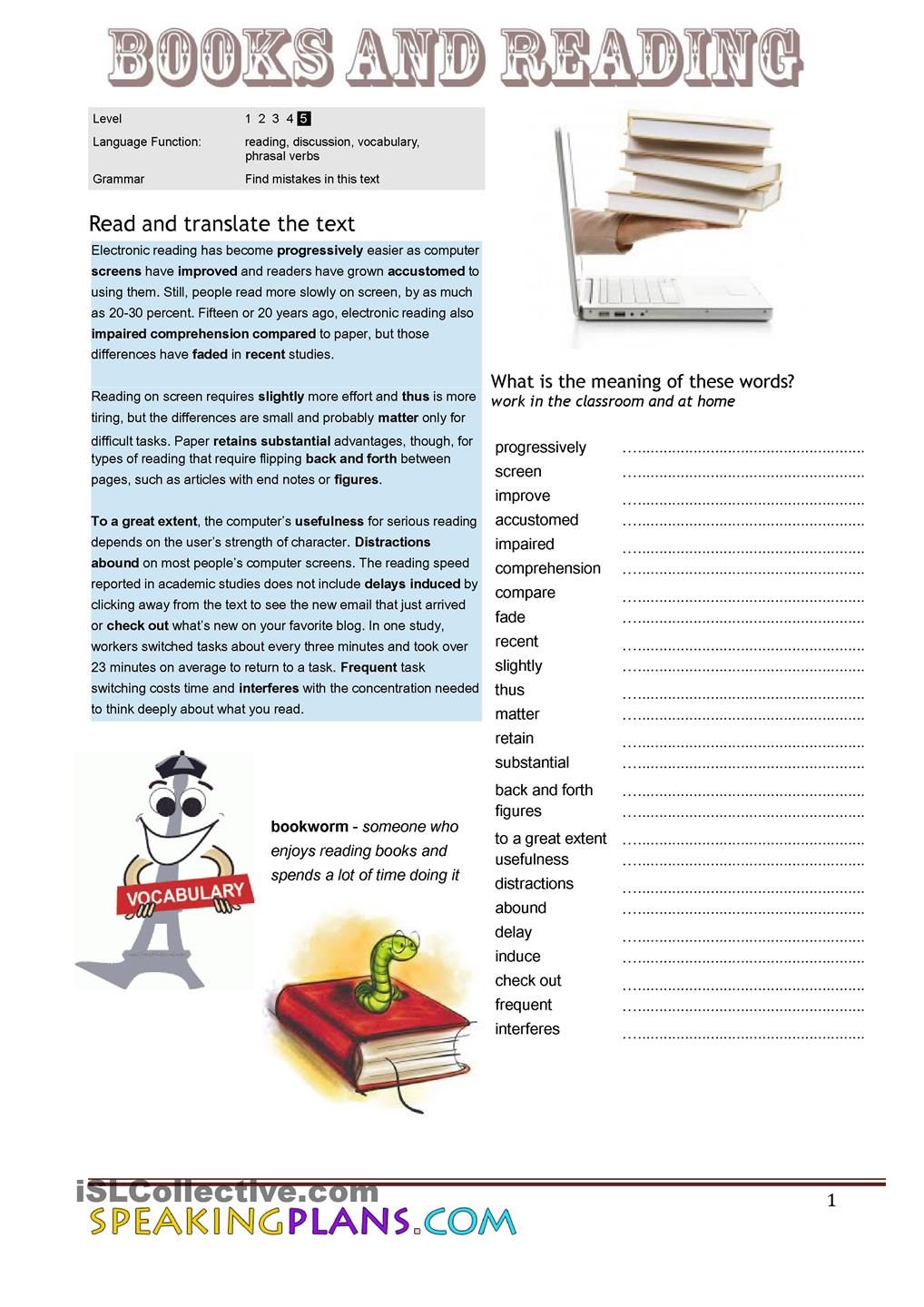 Therefore, we offer several books in the original, which are rarely found in similar collections, but definitely deserve attention for various reasons.
Therefore, we offer several books in the original, which are rarely found in similar collections, but definitely deserve attention for various reasons.
A novel by Neil Gaiman.
Plot of : Shadow Moon is released early from prison and rushes to his wife's house. Only to find out that his beloved had died in a car accident a few days before his release. Moreover, with Shadow's best friend - these two had an affair. Heartbroken from betrayal and death, a man accidentally meets the mysterious Mr. Wednesday and agrees to be his bodyguard. Pretty quickly, the protagonist realizes that his new employer is the embodiment of the Scandinavian god Odin, and in general, a whole diaspora of gods from different pantheons and myths lives in the USA. Mr. Wednesday is obsessed with the idea of gathering them all and rebelling against the gods of the new time: the god of globalization, Mr. World, Techno-Boy, the goddess of Media and other incarnations of modern technology.
English in the book : Gaiman's English is not the most difficult in the world, but all his works are distinguished by a huge amount of detail and content. In addition, the writer loves references to gothic novels, myths and fairy tales, which makes his style diverse and a little difficult for students with beginner levels of the language.
Quote from : We do not always remember the things that do no credit to us. We justify them, cover them in bright lies or with the thick dust of forgetfulness. All of the things that Shadow had done in his life of which he was not proud, all the things he wished he had done otherwise or left undone, came at him then in a swirling storm of guilt and regret and shame, and he had nowhere to hide from them. He was as naked and as open as a corpse on a table, and dark Anubis the jackal god was his prosecutor and his prosecutor and his persecutor.
Other adaptations of : In 2017, based on the novel, the first season of of the same name about of the series was released, and in 2019 - the second.
A dystopian novel by Kurt Vonnegut.
Plot: One day the writer decided to write a story about the day when America dropped an atomic bomb on Hiroshima. The writer decided that one of the fathers of the Honniker bomb knew best of all the details. Only now he died a long time ago, and information has to be collected from his colleagues, children and friends. The eldest son of the scientist responds to the request, and the writer finds out that the offspring is on a distant island in the Caribbean, where people live in monstrous poverty, and the only entertainment is "Bokononism" - a religion invented by the traveler Bokonon. The writer goes there and meets with the children of Honniker, and somehow forgets about the atomic bomb, because it turns out that the scientist during his lifetime developed a much more dangerous weapon - ice-9. Just one drop of this substance can kill all life on the planet, and it is available only to the dictators of a small island lost in the Caribbean.
Just one drop of this substance can kill all life on the planet, and it is available only to the dictators of a small island lost in the Caribbean.
English in the book: Vonnegut, the unique master of satire, is quite easy to understand, but his work is characterized by an abundance of jokes and allegories that will be understood only by students with a higher level of English. Moreover, Vonnegut is also a philosopher, besides not very fond of linear narration - this adds to the challenges when reading. However, the writer's dark humor and short sentences save the day, and readers with intermediate and higher English will definitely enjoy the book.
Quote : We don't make bicycles anymore. It's all human relations now. The eggheads sit around trying to figure out new ways for everyone to be happy. Nobody can get fired, no matter what; and if somebody does accidentally make a bicycle, the union accuses us of cruel and inhuman practices and the government confiscates the bicycle for back taxes and gives it to a blind man in Afghanistan.

Other adaptations : In 2008, a musical of the same name was staged in New York, and in 2010, a classic theatrical production of the novel was made in Washington DC.
A novel by the American writer Frank Herbert.
Plot : Chronicles of the distant future. The most valuable planet in the Universe is Arrakis, because it is there that the spice is mined. Without the spice, there would be no trade, no interplanetary travel, no civilization. Whoever rules Arrakis and its capital, Dune, rules the world. And at a turning point, control of the planet shifts from the monopoly of House Harkonnen to their longtime opponents, House Atreides. Resources are depleted, new kings promise to restore the balance and make Dune great again. However, the old owners do not really like the loss of the feeder, so they conceived and implemented a military coup, as a result of which they again took possession of Dune. That's just the revolutionaries missed the heir of the Atreides Paul - a boy with superhuman abilities, which he received as a result of a genetic experiment. Now the fate of Arrakis and the world depend only on him.
English in the book : Herbert's English is moderately complex and not that layered. However, the peculiarity of the book is that the writer interspersed modern (for 1965) English with invented words that he borrowed from Arabic, Russian, Hebrew and other languages. This can be a little confusing for people with poor English, but will not be a problem for more advanced students.
Quote : Greatness is a transitory experience. It is never consistent. It depends in part upon the myth-making imagination of humankind. The person who experiences greatness must have a feeling for the myth he is in. He must reflect what is projected upon him. And he must have a strong sense of the sardonic. This is what uncouples him from belief in his own pretensions. The sardonic is all that permits him to move within himself. Without this quality, even occasional greatness will destroy a man.
![]()
Other adaptations of : The novel has been repeatedly named the best work of science fiction and has inspired many people, including directors, writers and game designers. The work has quite a decent number of adaptations. In 1984, David Lynch directed one and the main film . A number of games are also based on this universe: Dune 1992 developed by Cryo Interactive, Dune 2000 by Intelligent Games , released in 1998, and many others. And Denis Villeneuve is currently working on a new film adaptation of the novel , and the trailer for the film starring Timothée Chalamet is already available online.
Thriller novel by British writer Angela Marsons.
Plot of : There are rumors that a very valuable ancient treasure is buried on the territory of a burnt house in the vicinity of Birmingham. Archaeologists are eager to unearth it, but the city authorities do not give permission to work. And then the former employees of this orphanage begin to die one by one. Police Inspector Kim Stone, at his own peril and risk, decides to find out the details of this strange case and comes to the conclusion that the territory of the institution keeps a terrible secret that they tried to bury in the fire, but could not. And now this secret continues to kill everyone involved in it in the past.
English in the book : The Marsons syllable is quite advanced and florid, but quite understandable for Upper-Intermediate and above students. Since the writer is originally from the UK, there is quite a lot of British slang and expressions in the book, so if you want to speak more like a cockney than like a redneck, then this book is a must read.
Quote from : Despite Bryant's warning, she had never possessed the ability to adapt her behavior to accommodate other people. Even as a child Kim had been unable to assimilate herself into any kind of collective. She possessed no ability to hide her feelings, her innate reactions having a habit of claiming her face before she had a chance to control it.
Other adaptations of : An audio version of is available on audible.com .
Novel by American writer Siri Hustvedt.
Plot : Mia Fredrickson is a poetess who has been happily living with her husband for 30 years. But one day, like a bolt from the blue, his request for a “pause” falls on a woman. Mia is so shocked that she even goes to a psychiatric clinic. After several months of therapy, the heroine leaves the wards and doctors' offices and goes to the middle of the American nothingness, surrounded only by prairies. A woman will have to rethink many things in her life and come to a new self - confident and self-sufficient.
English in the book : Siri Hustvedt is a PhD in Linguistics, so it's easy to guess that you shouldn't expect primitive sentences. Get ready for a beautiful style - the writer is also a poetess - unusual bundles and a huge amount of humor. Well, provocations. In the good sense of the word.
Quote : We all start out the same in our mothers’ wombs. We, all of us, when floating in the amniotic sea of our earliest oblivion, have gonads. If the Y chromosome didn't swoop in to act on the gonads of some of us and make testes, we would all become women. In biology, the Genesis story is reversed: Adam becomes Adam out of Eve, not the other way around.
We hope you don't get dizzy from the number of new books. In order not to get confused in the works, you can write them down in a notebook or in our LINGUABOOK 2.
Learn more

